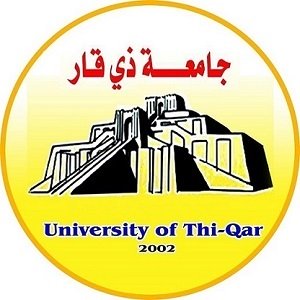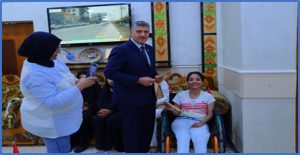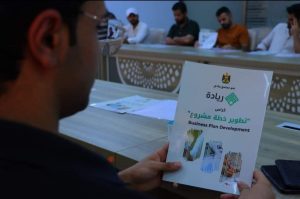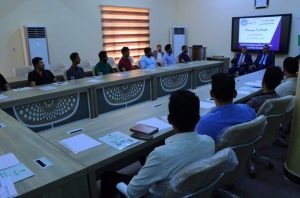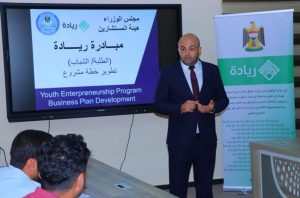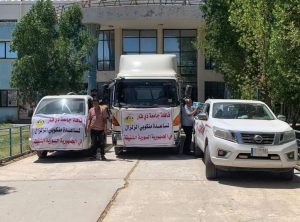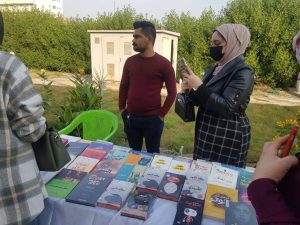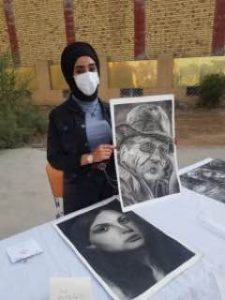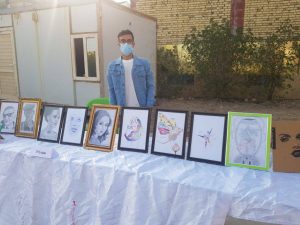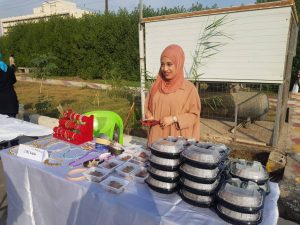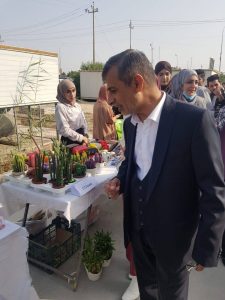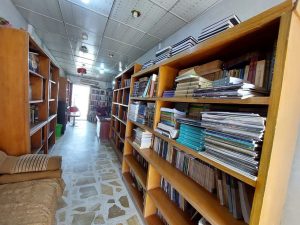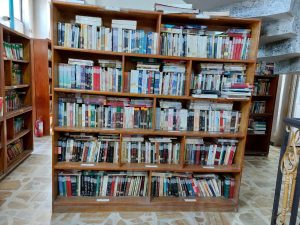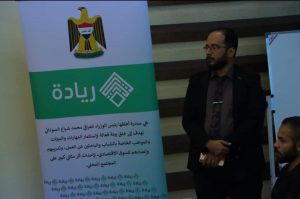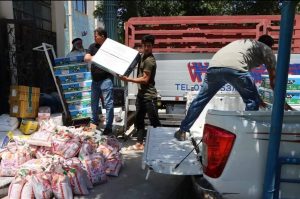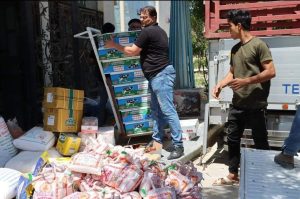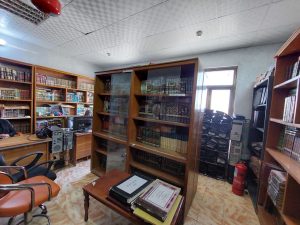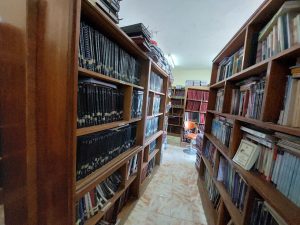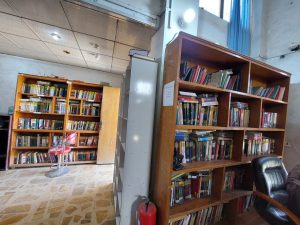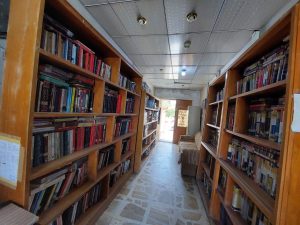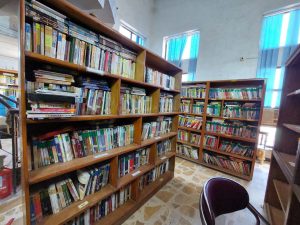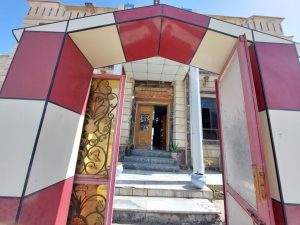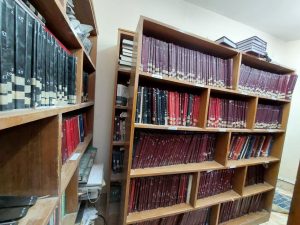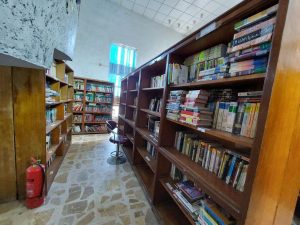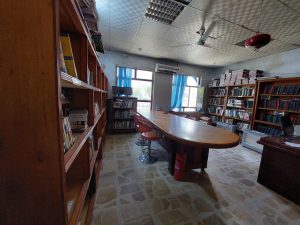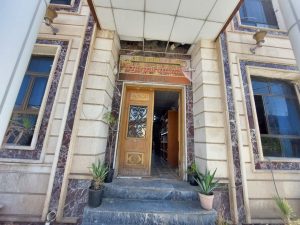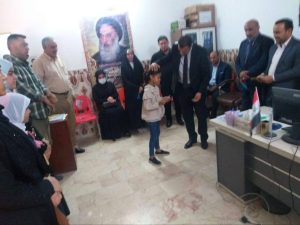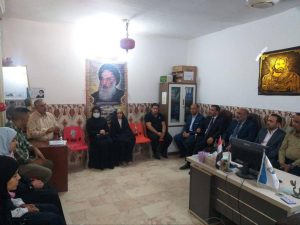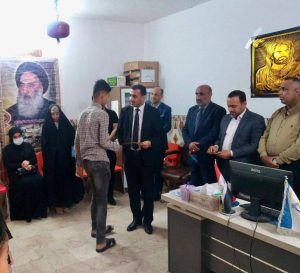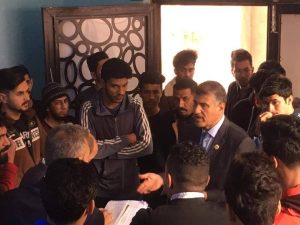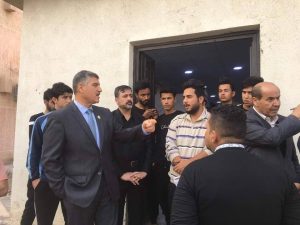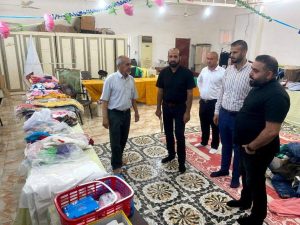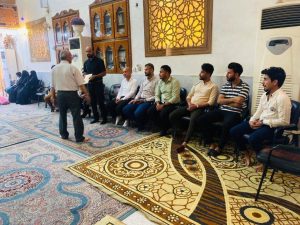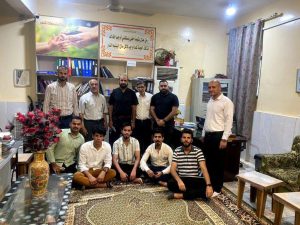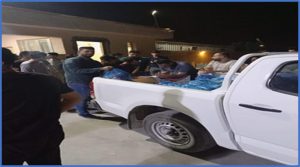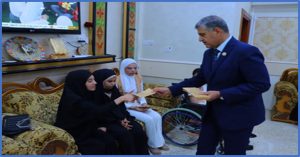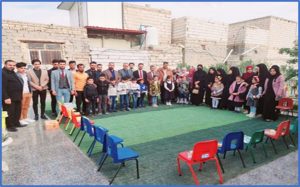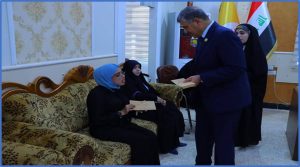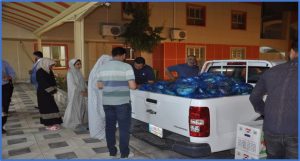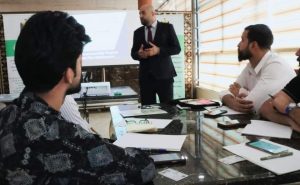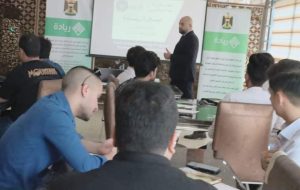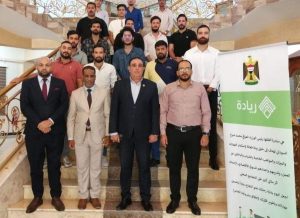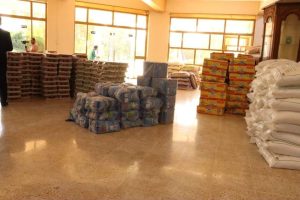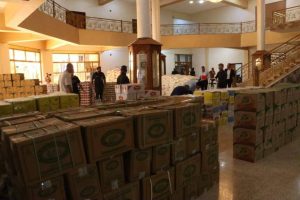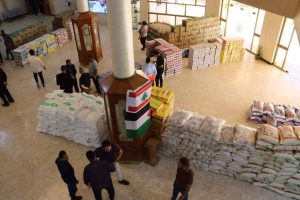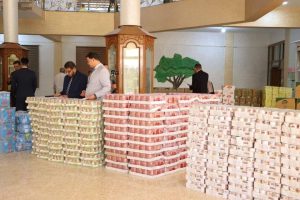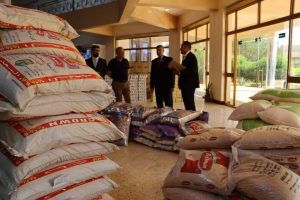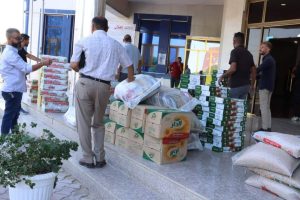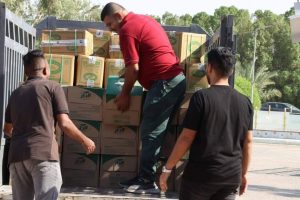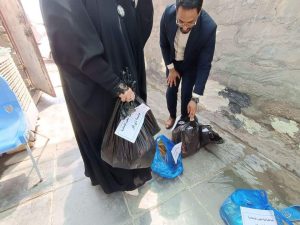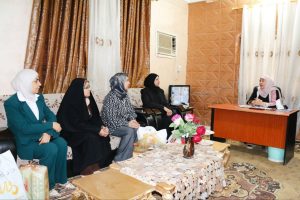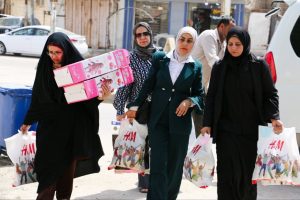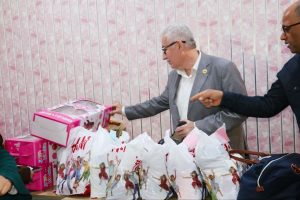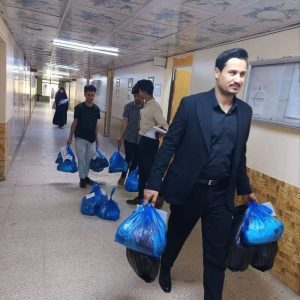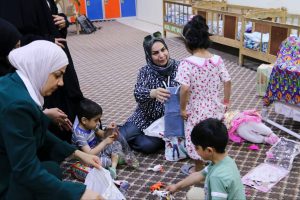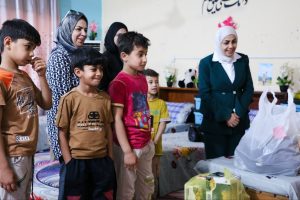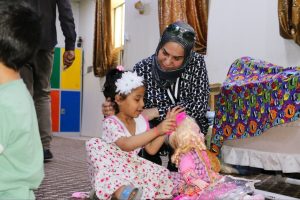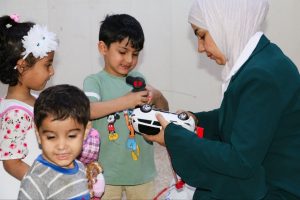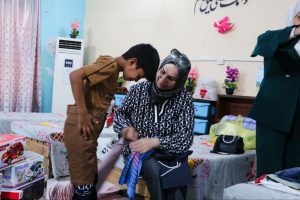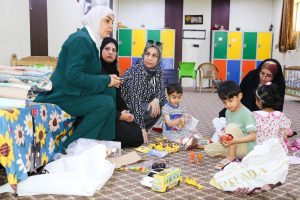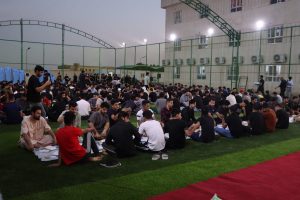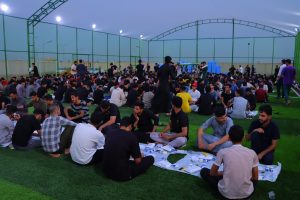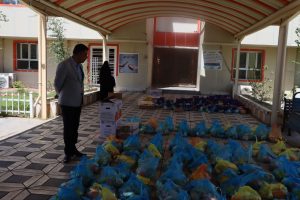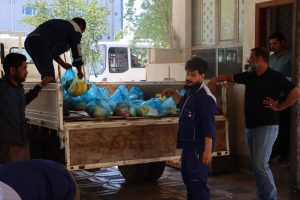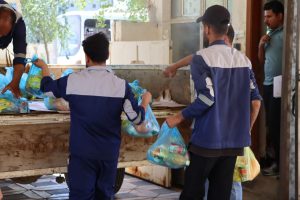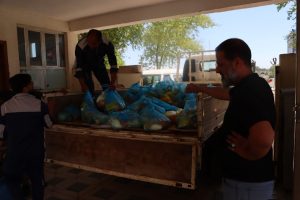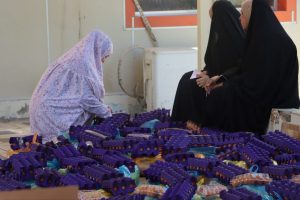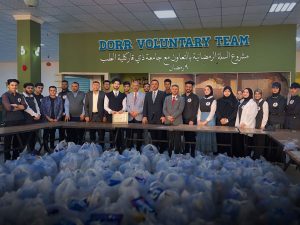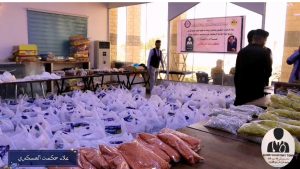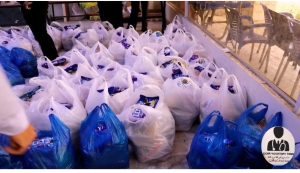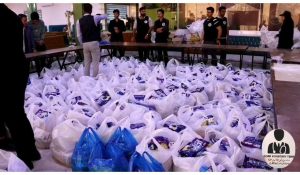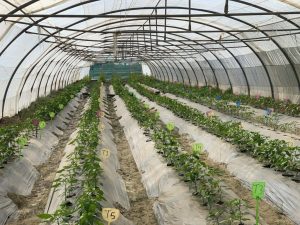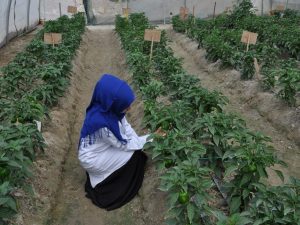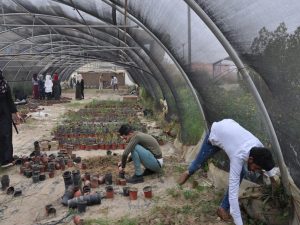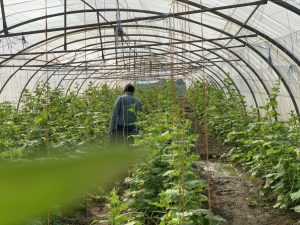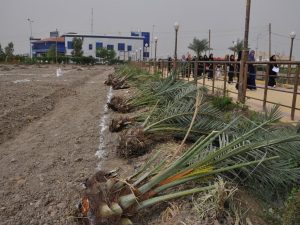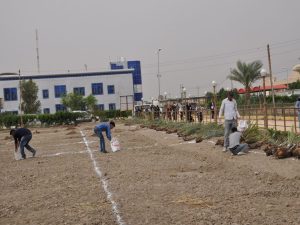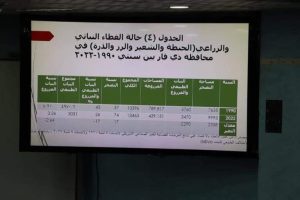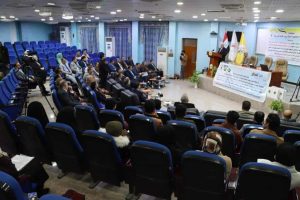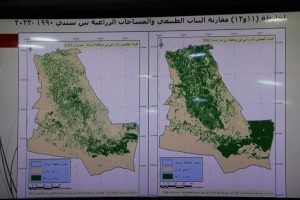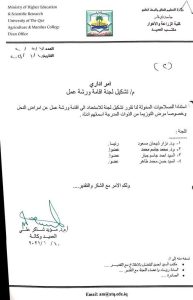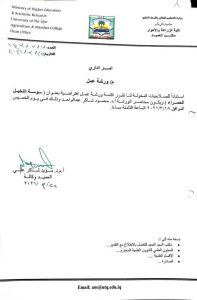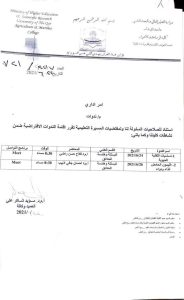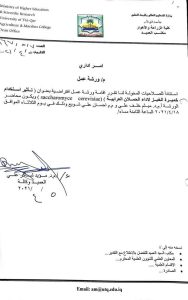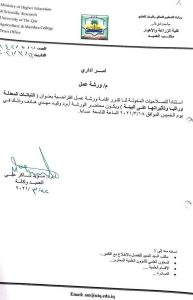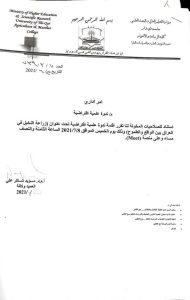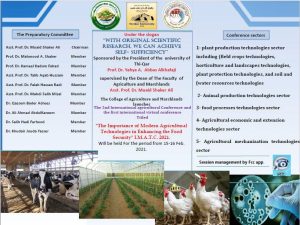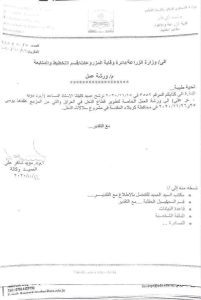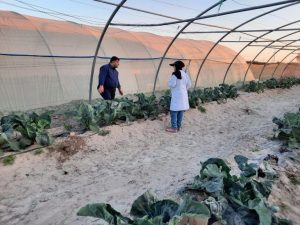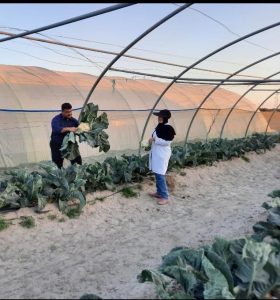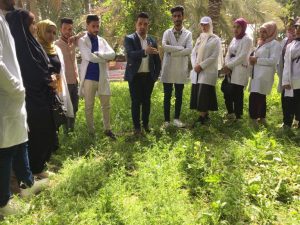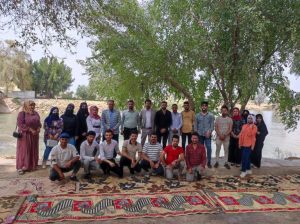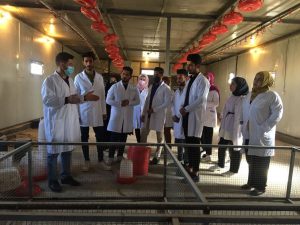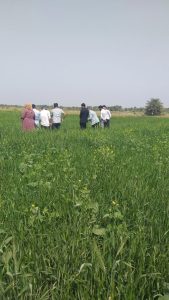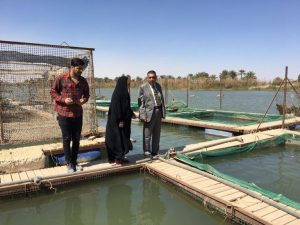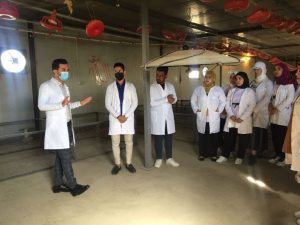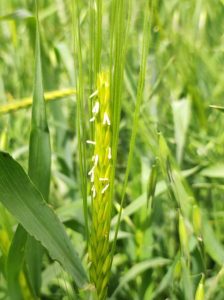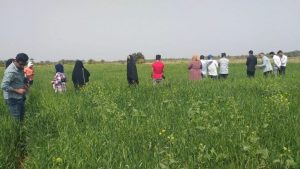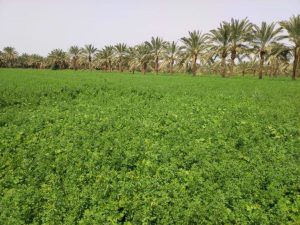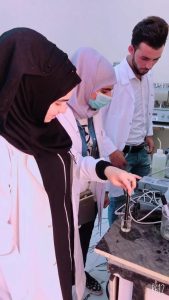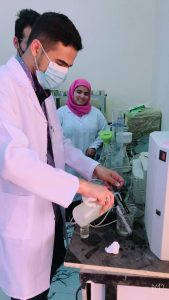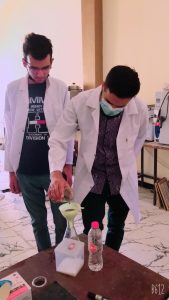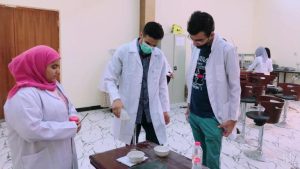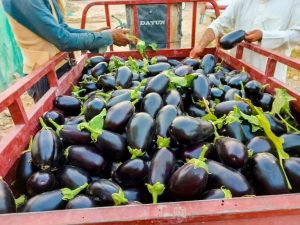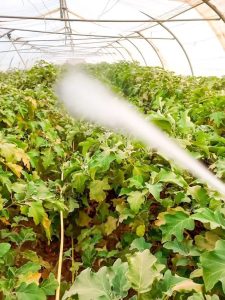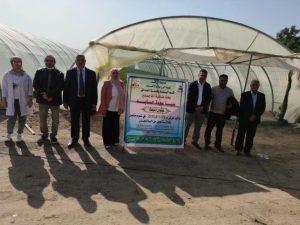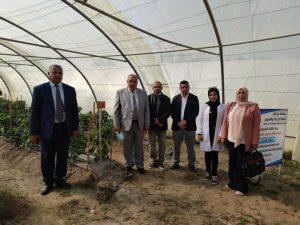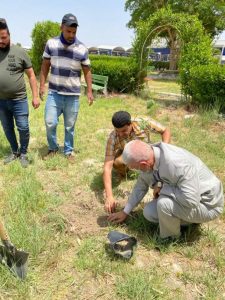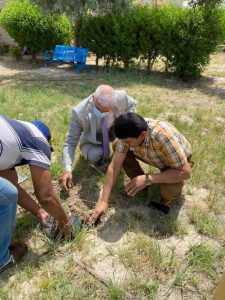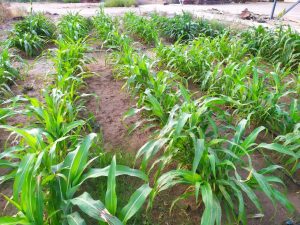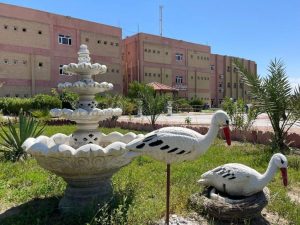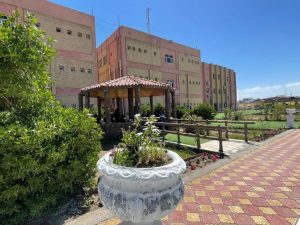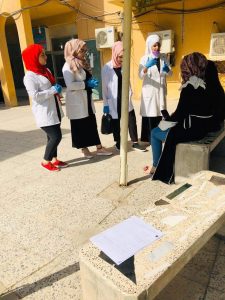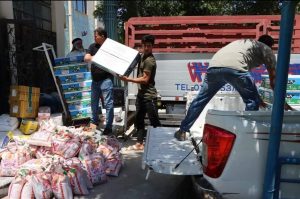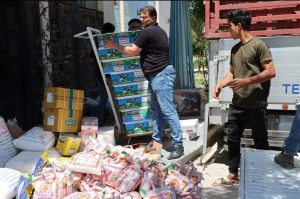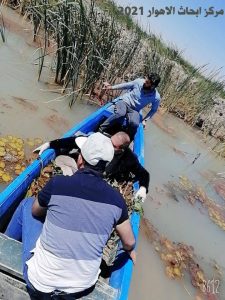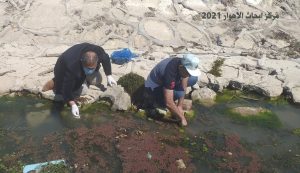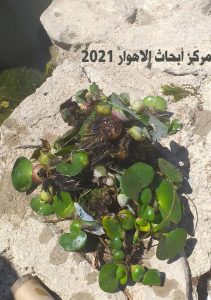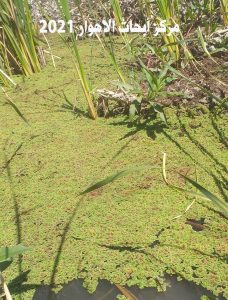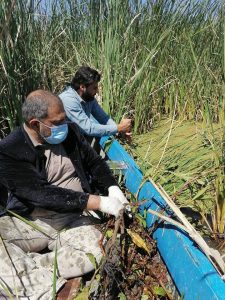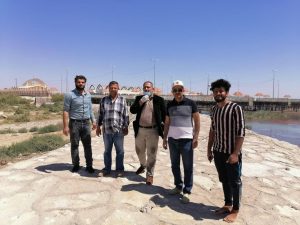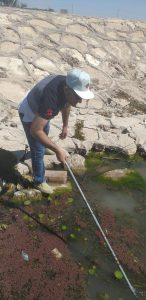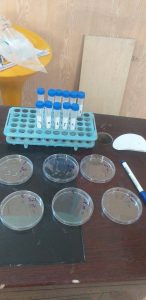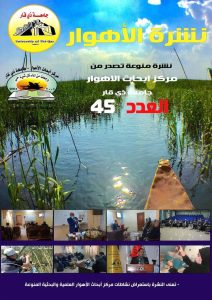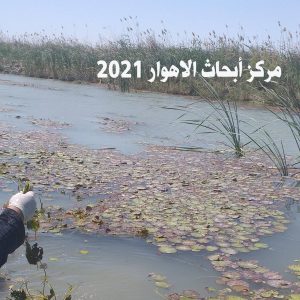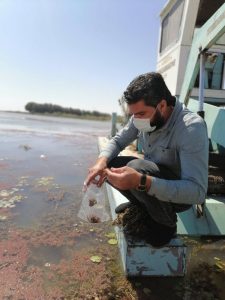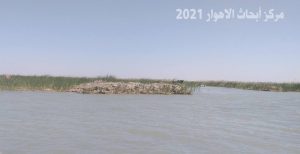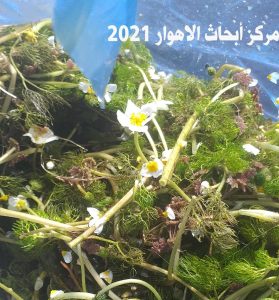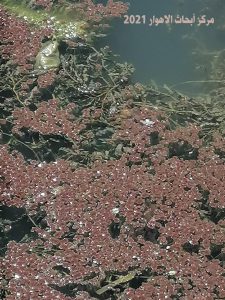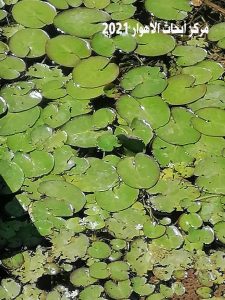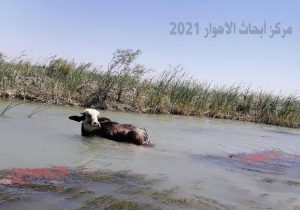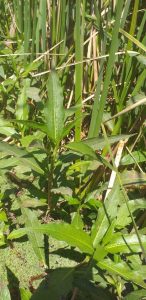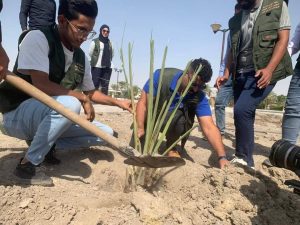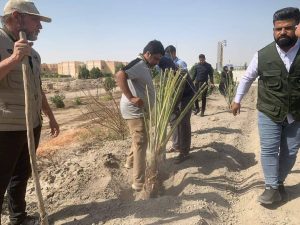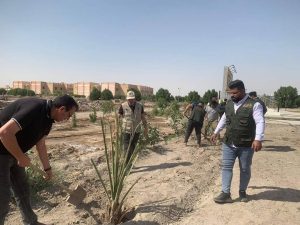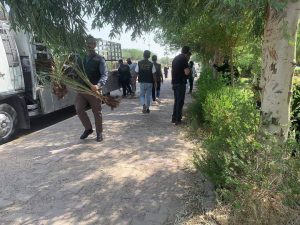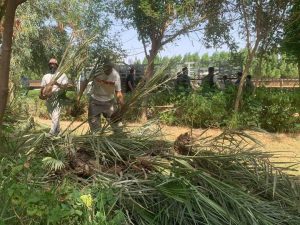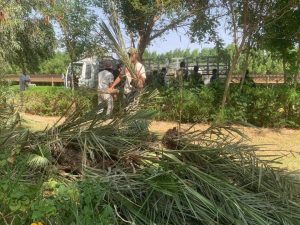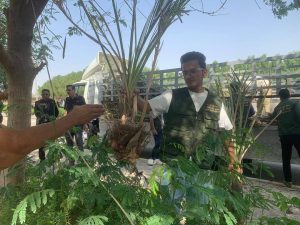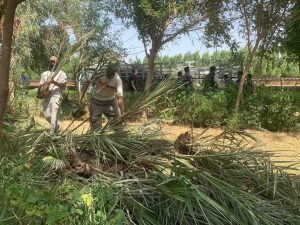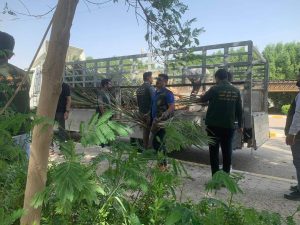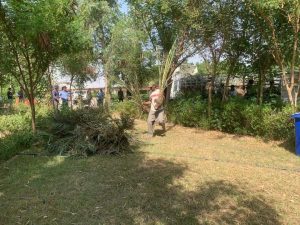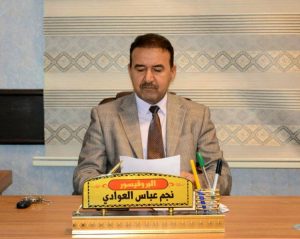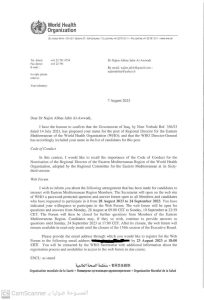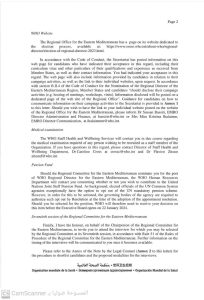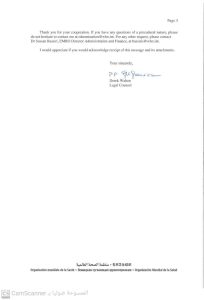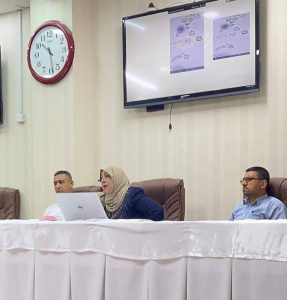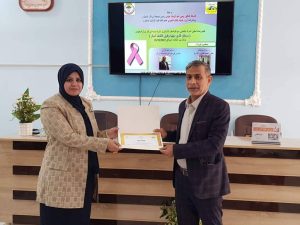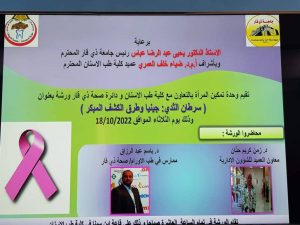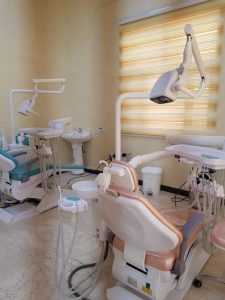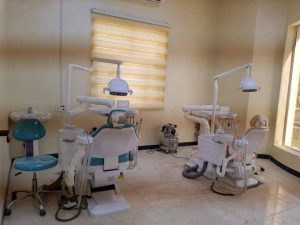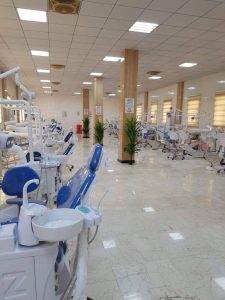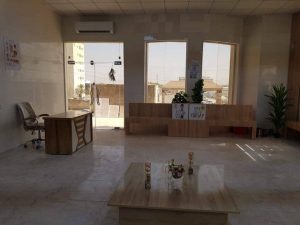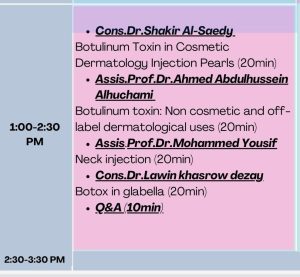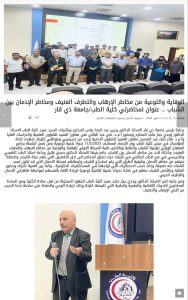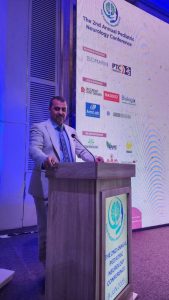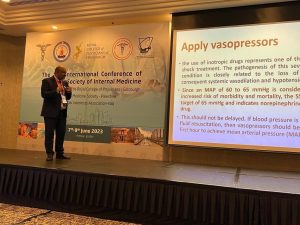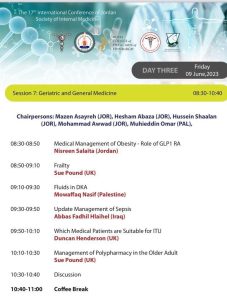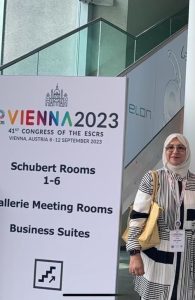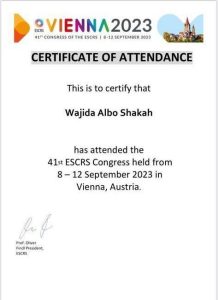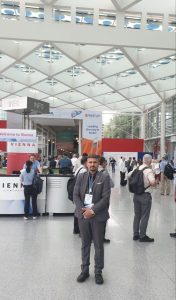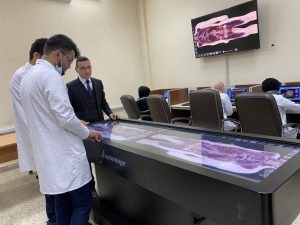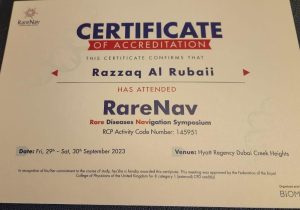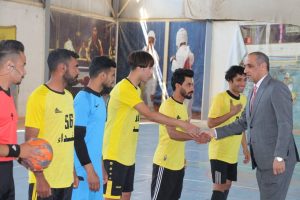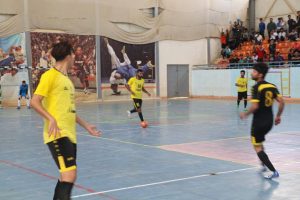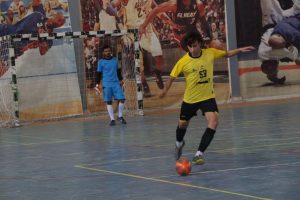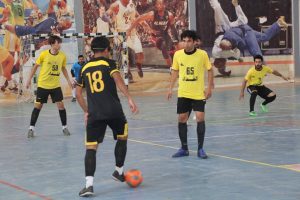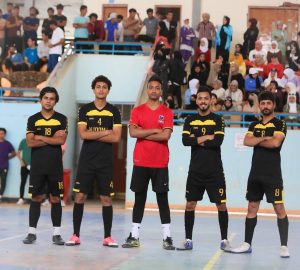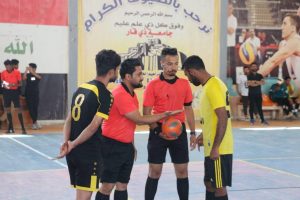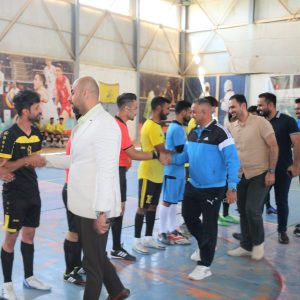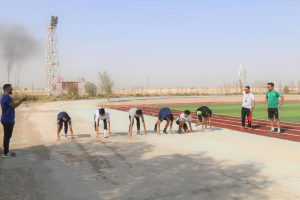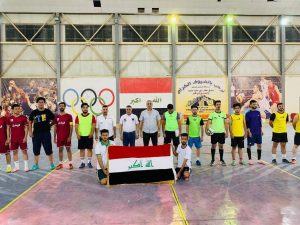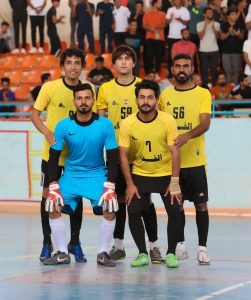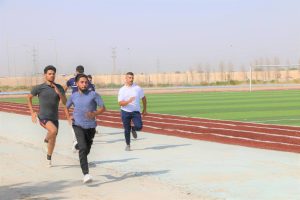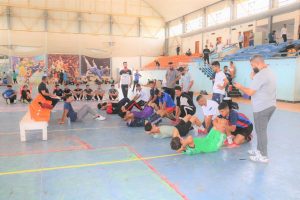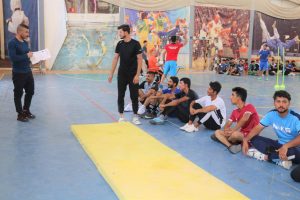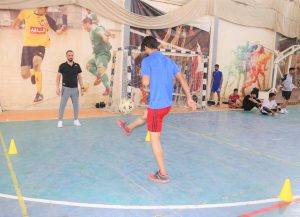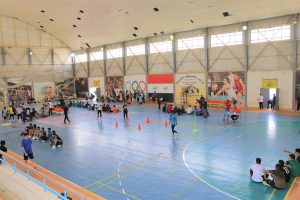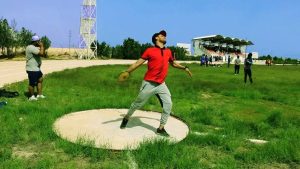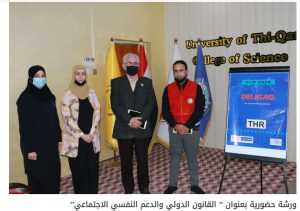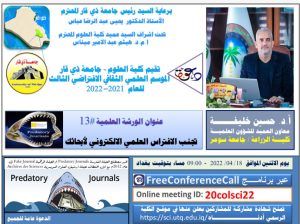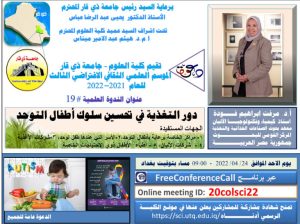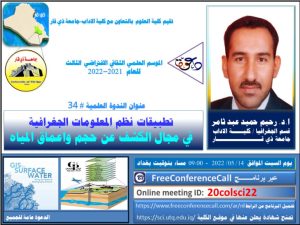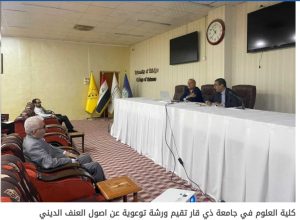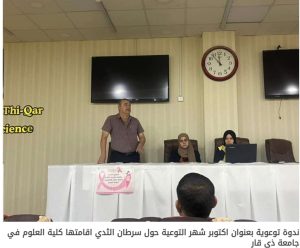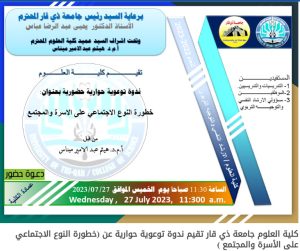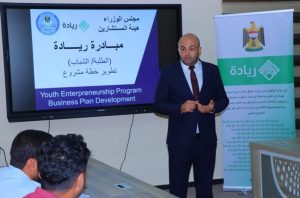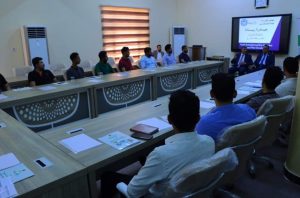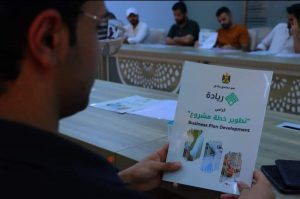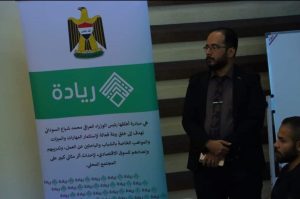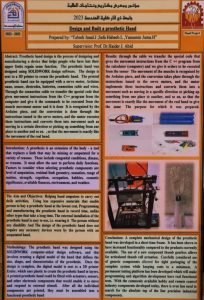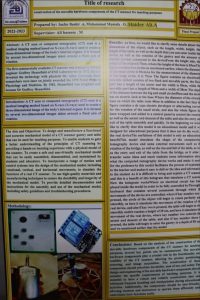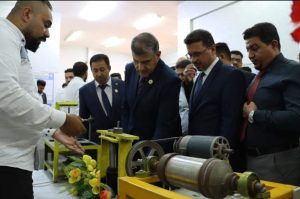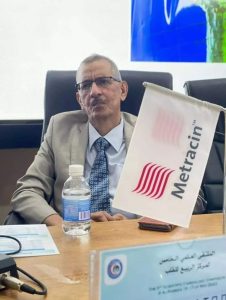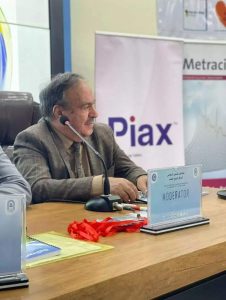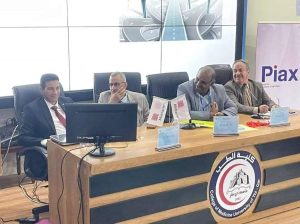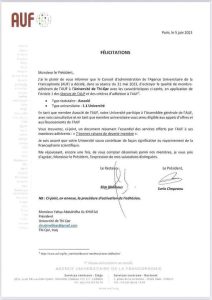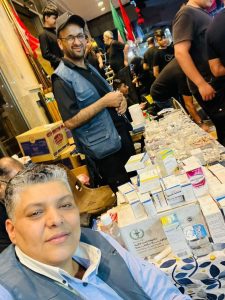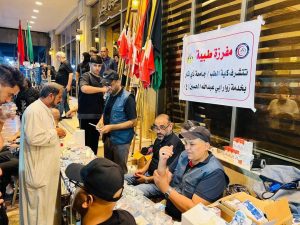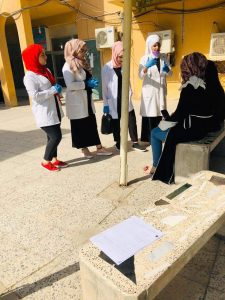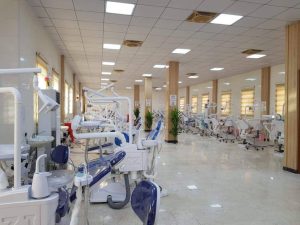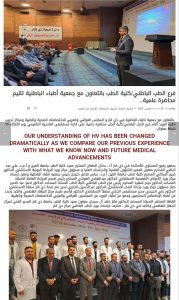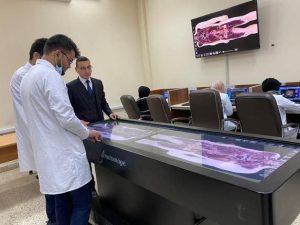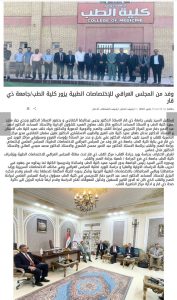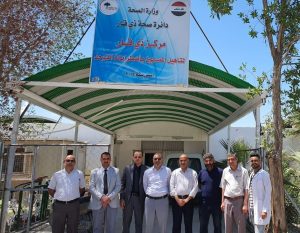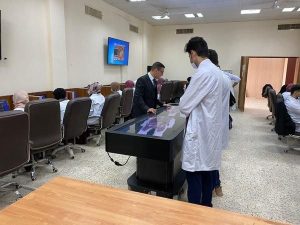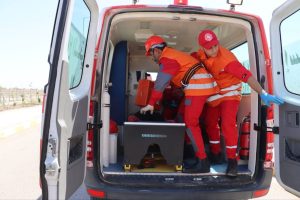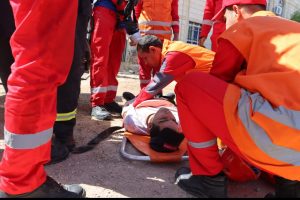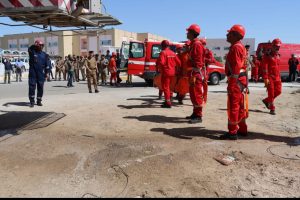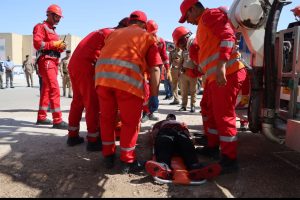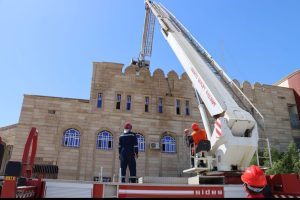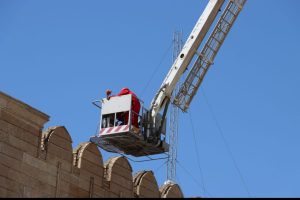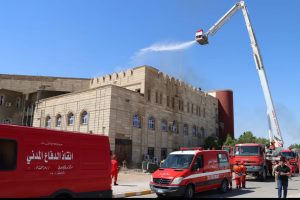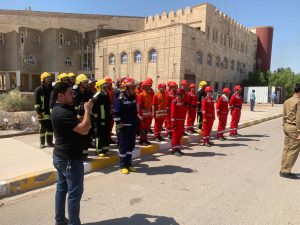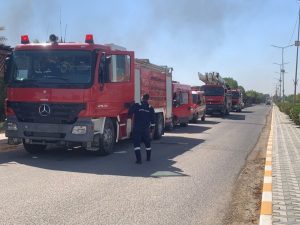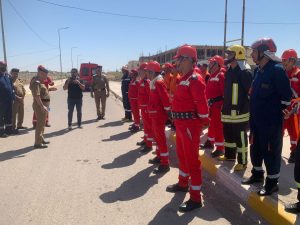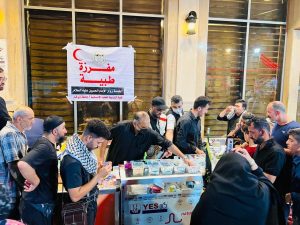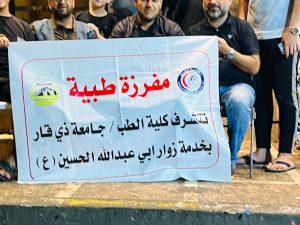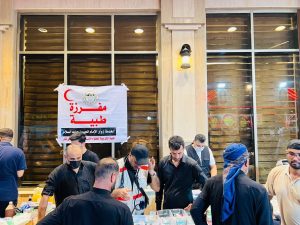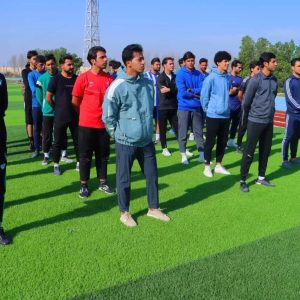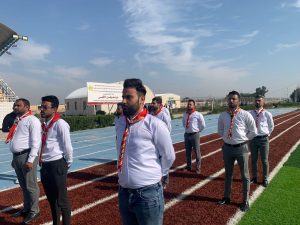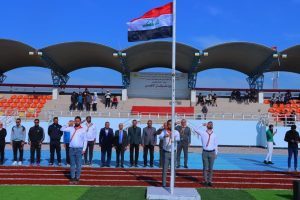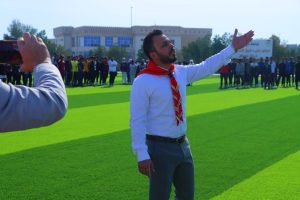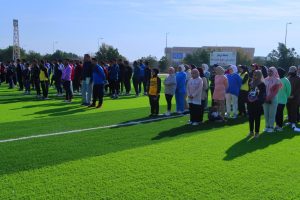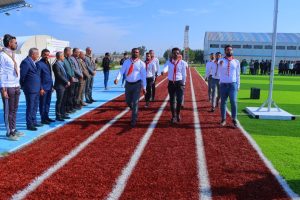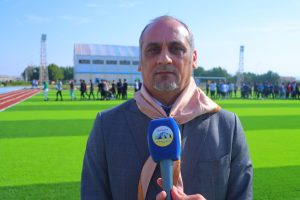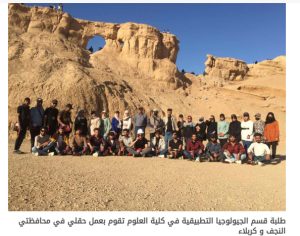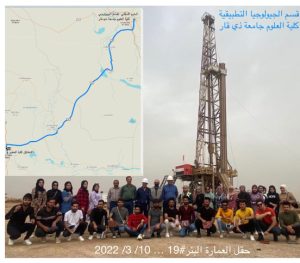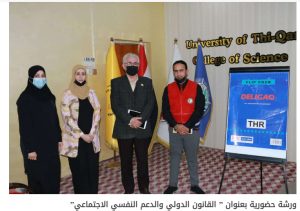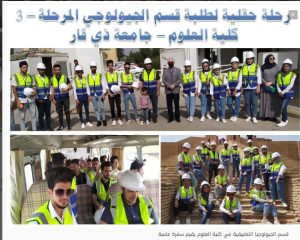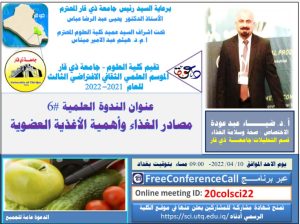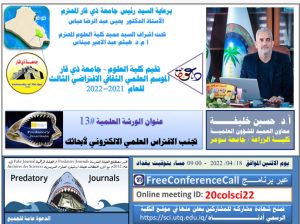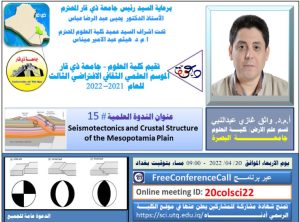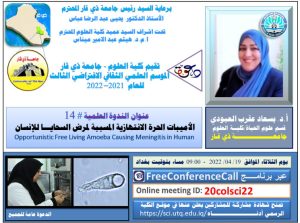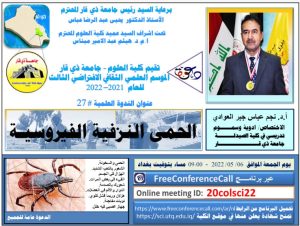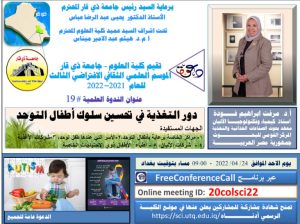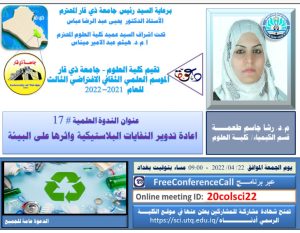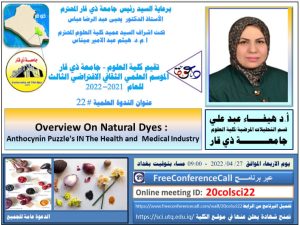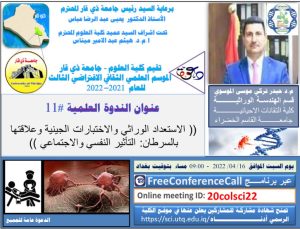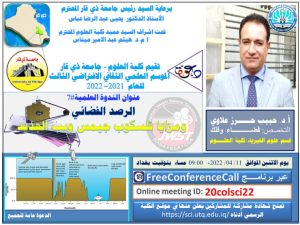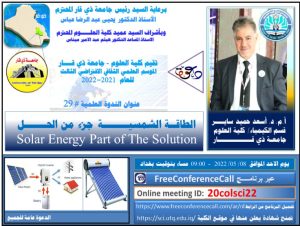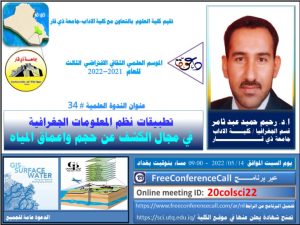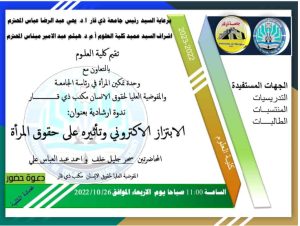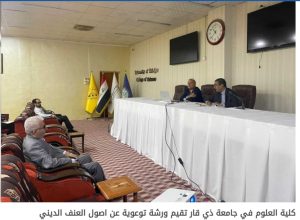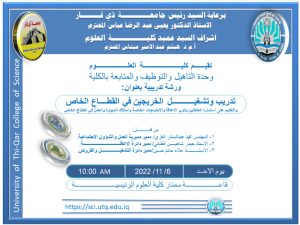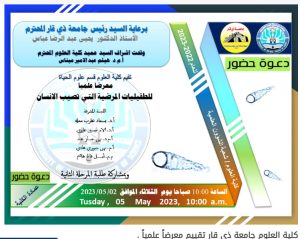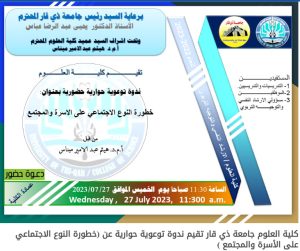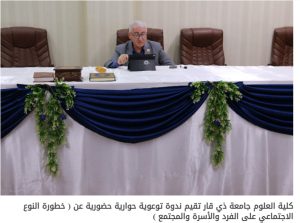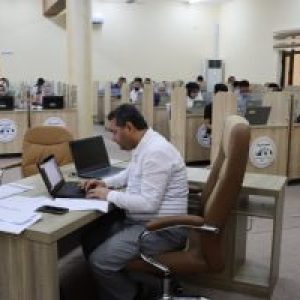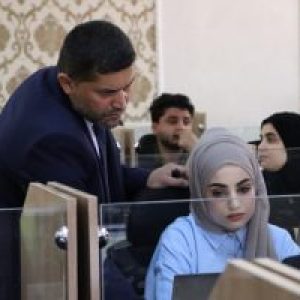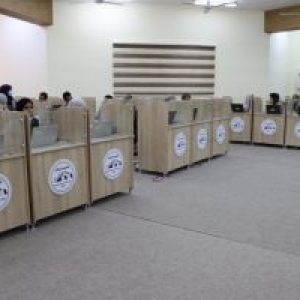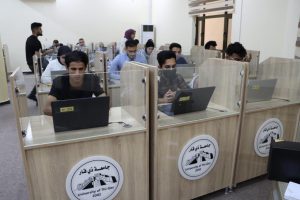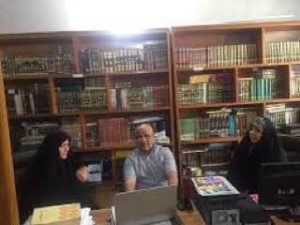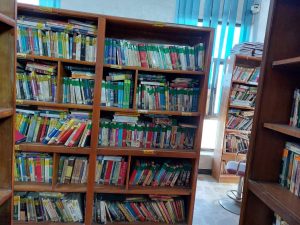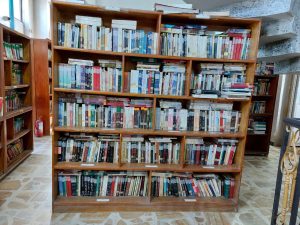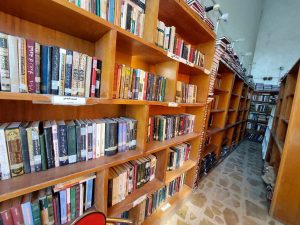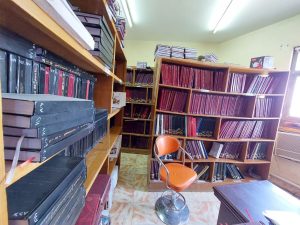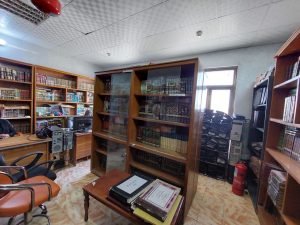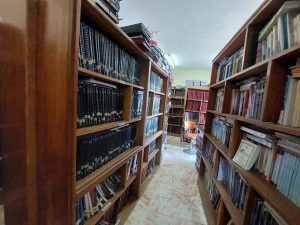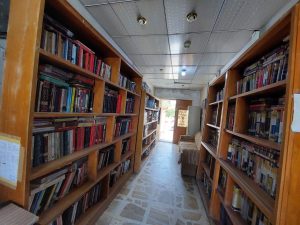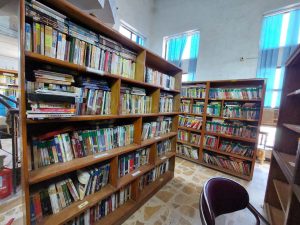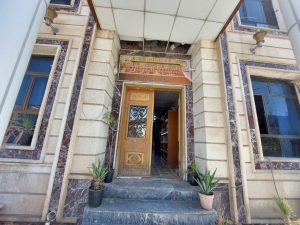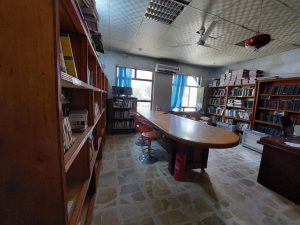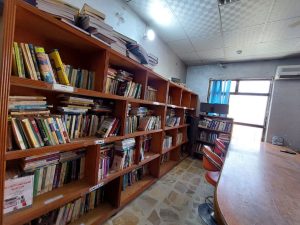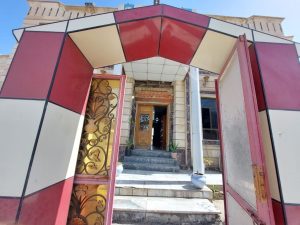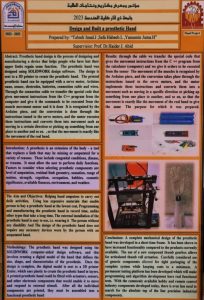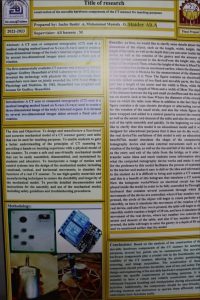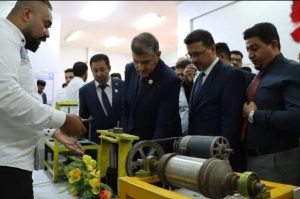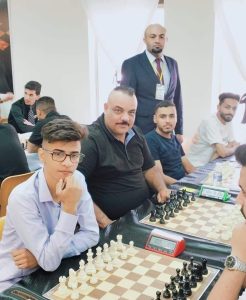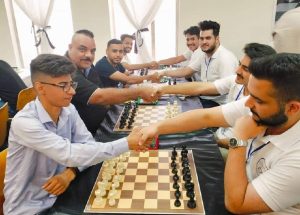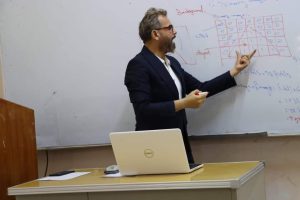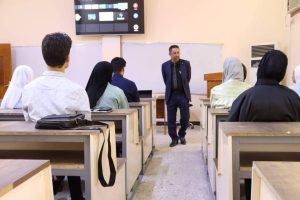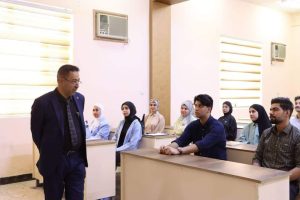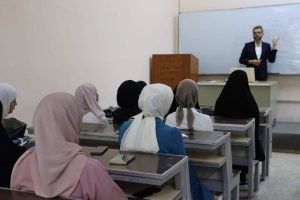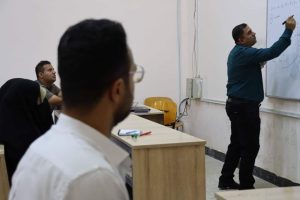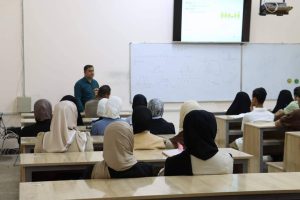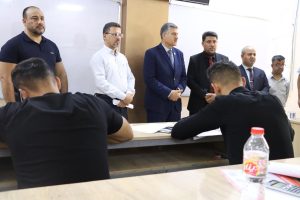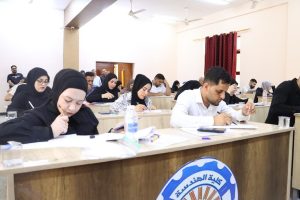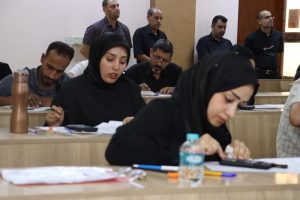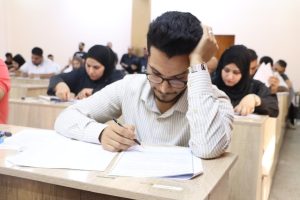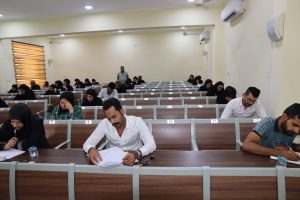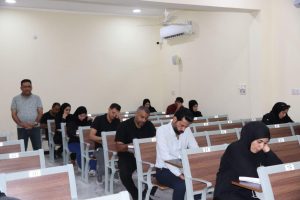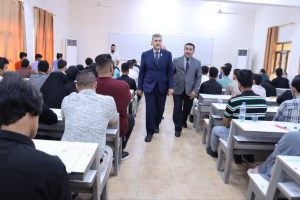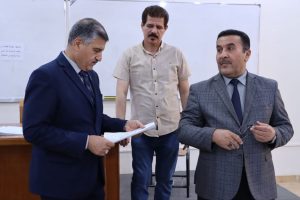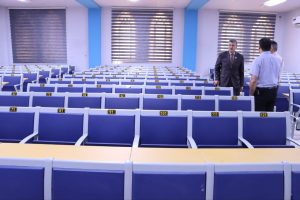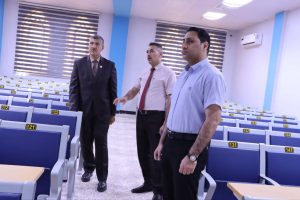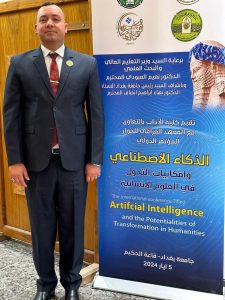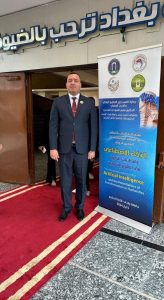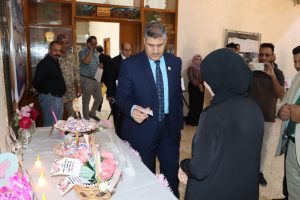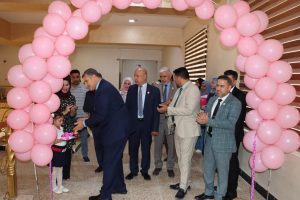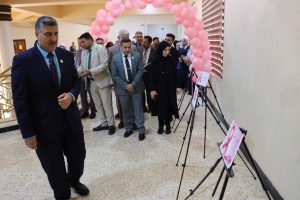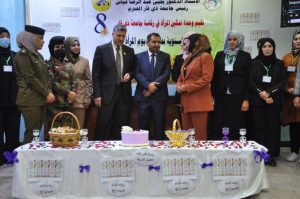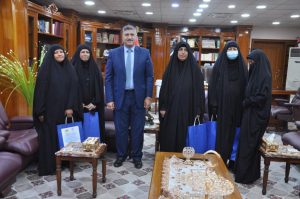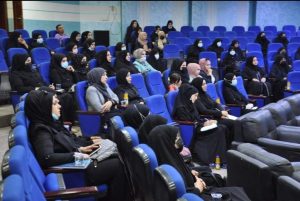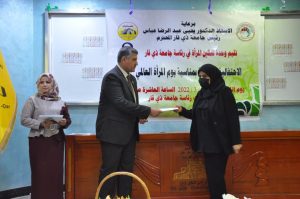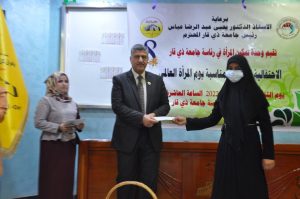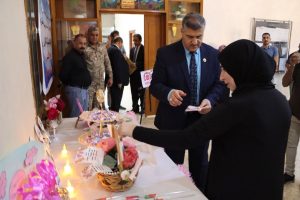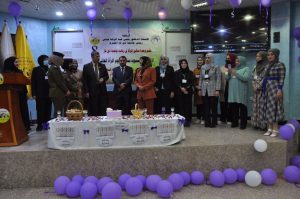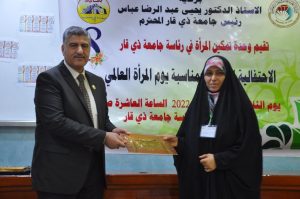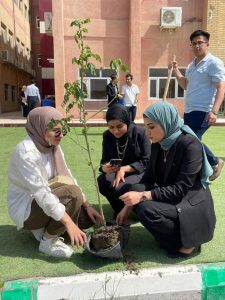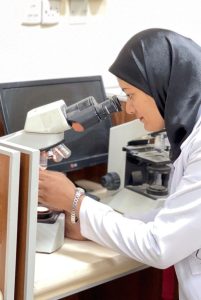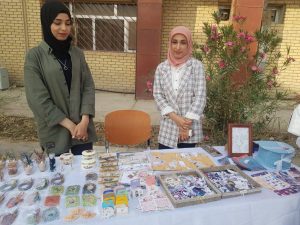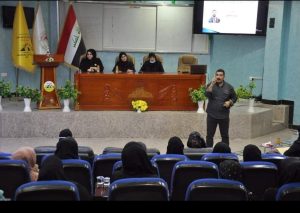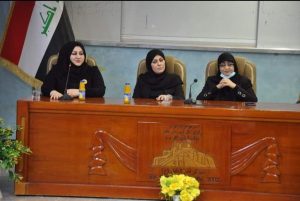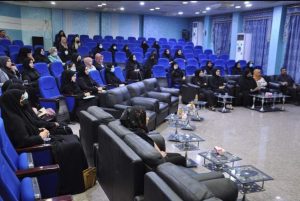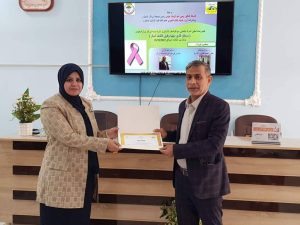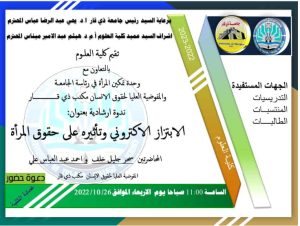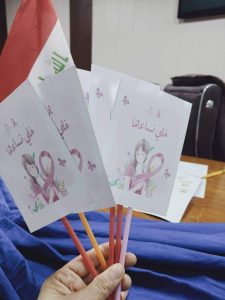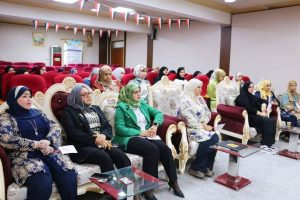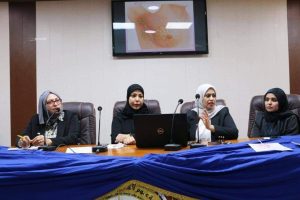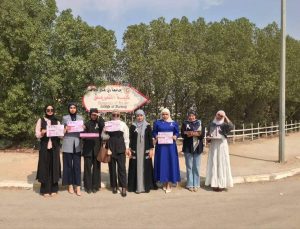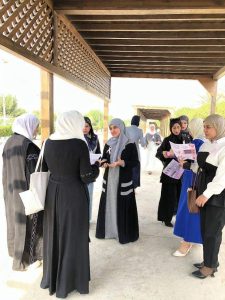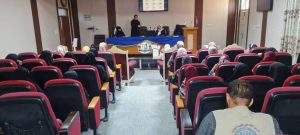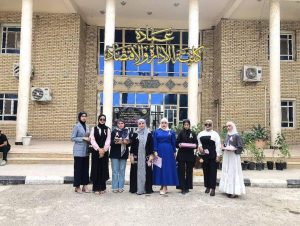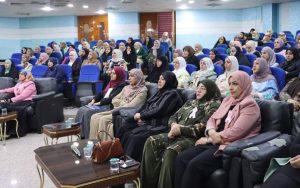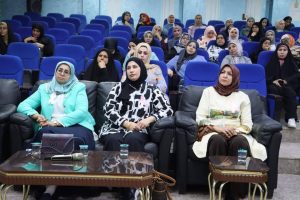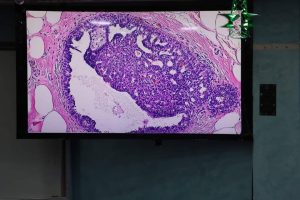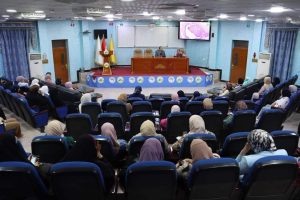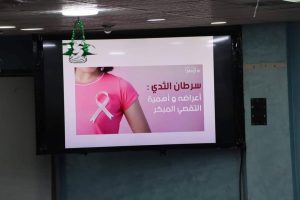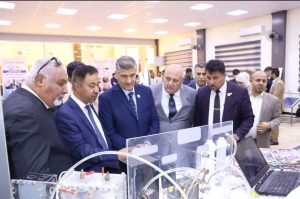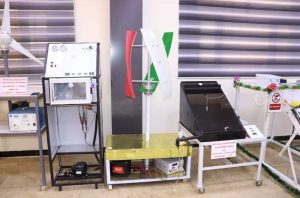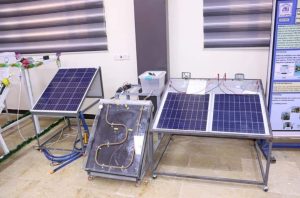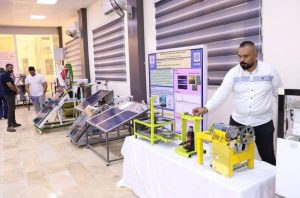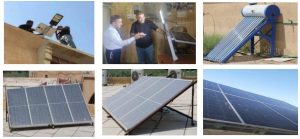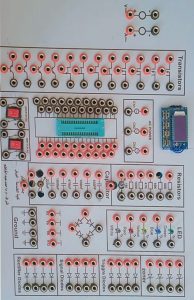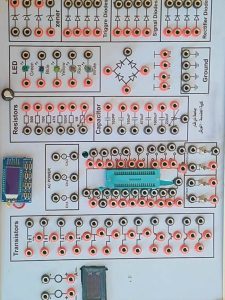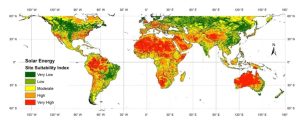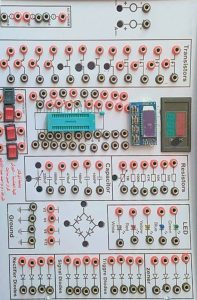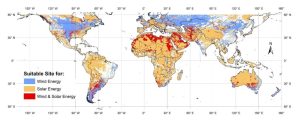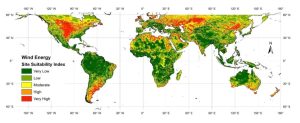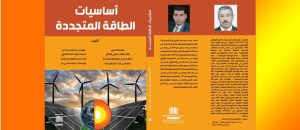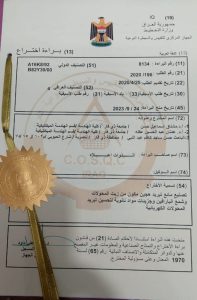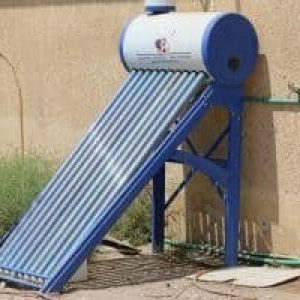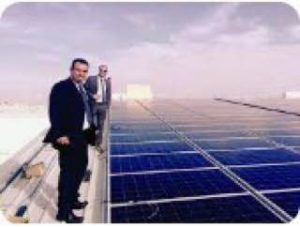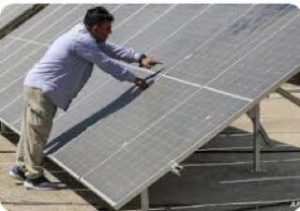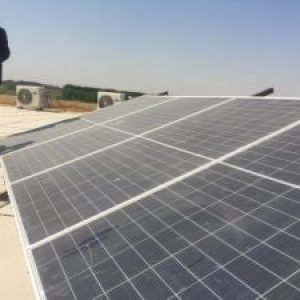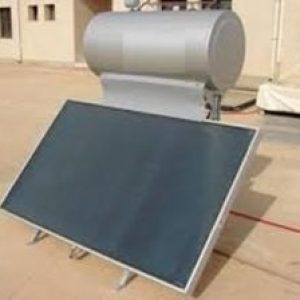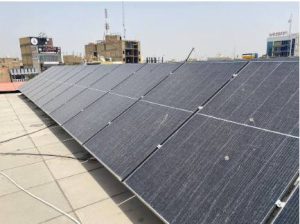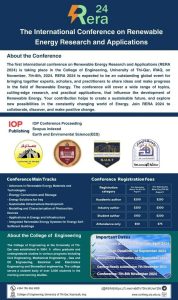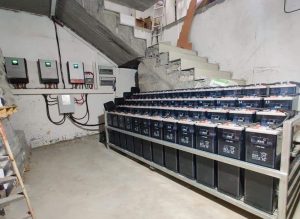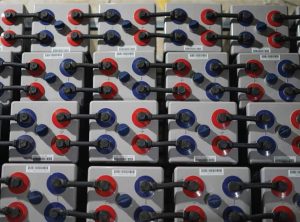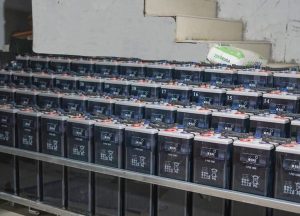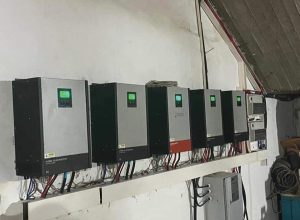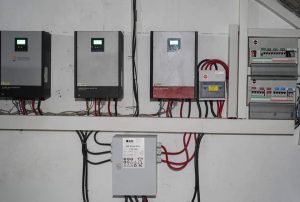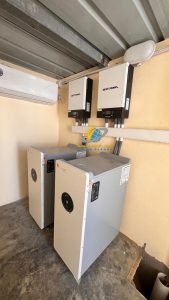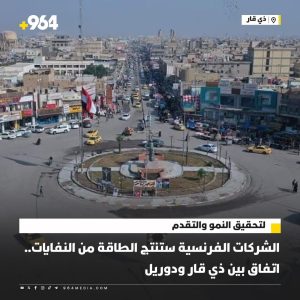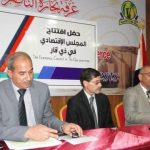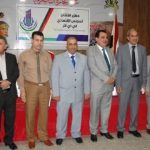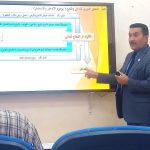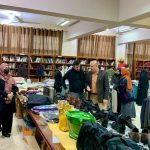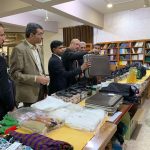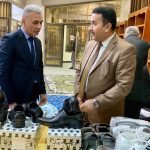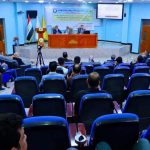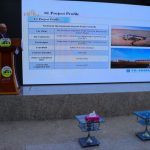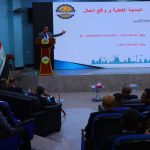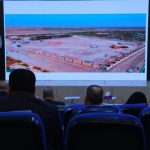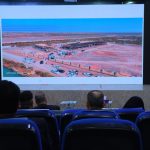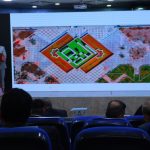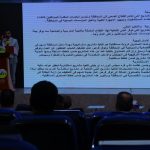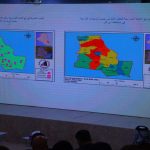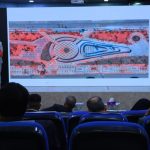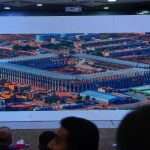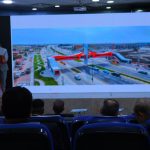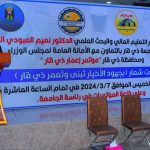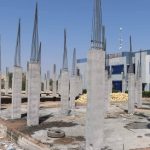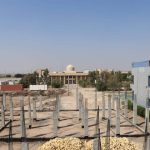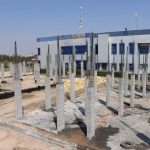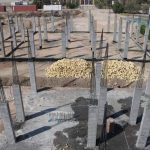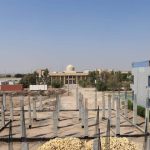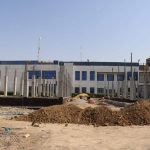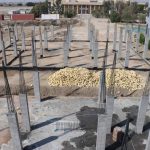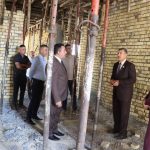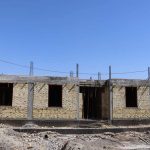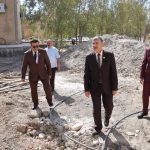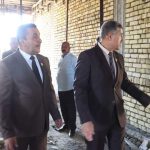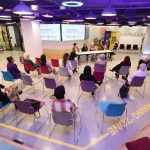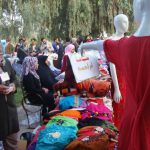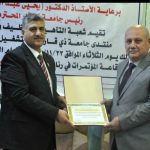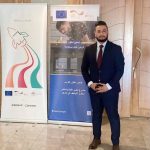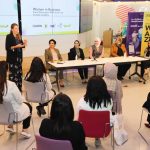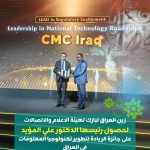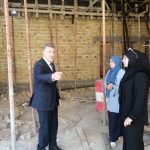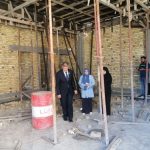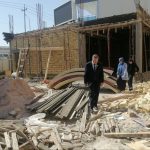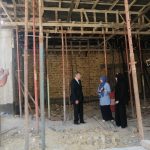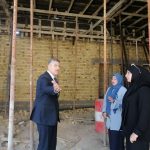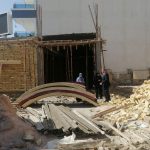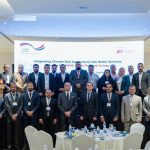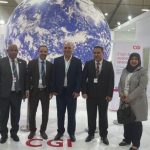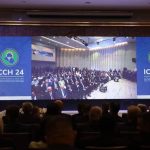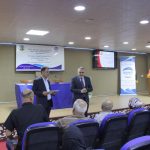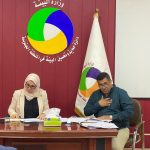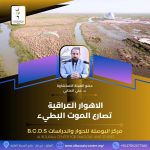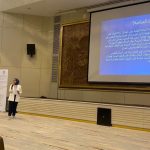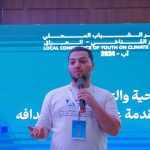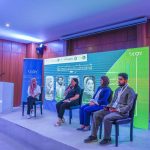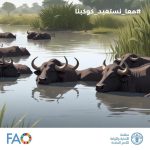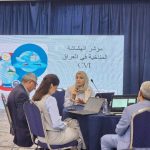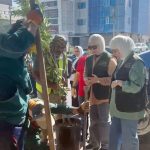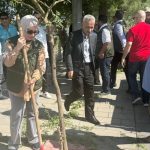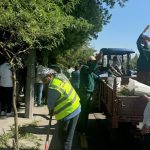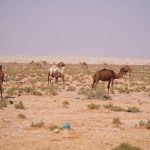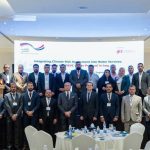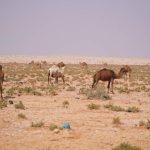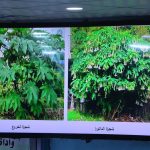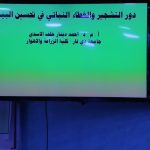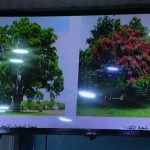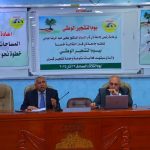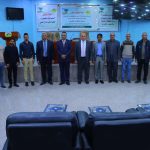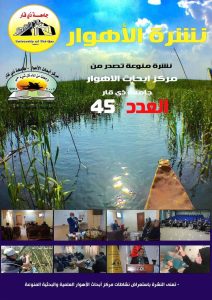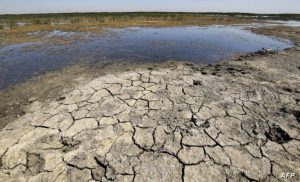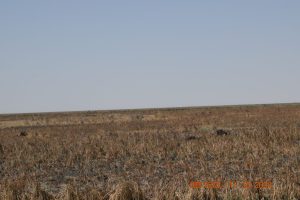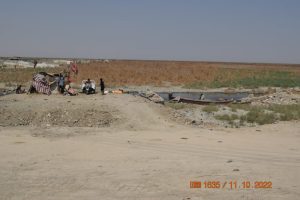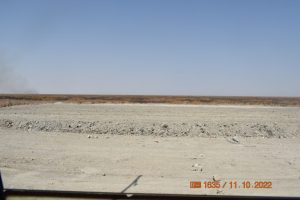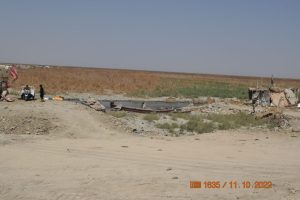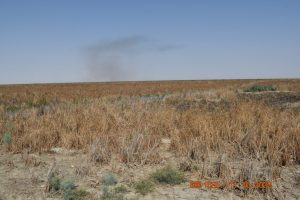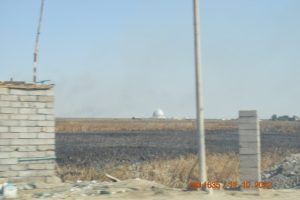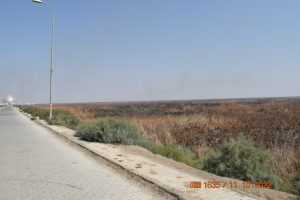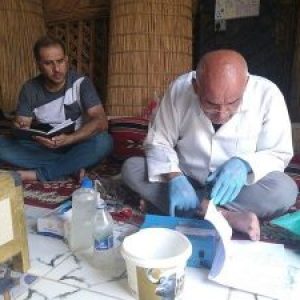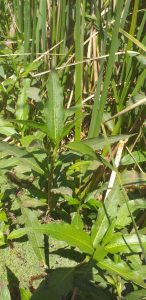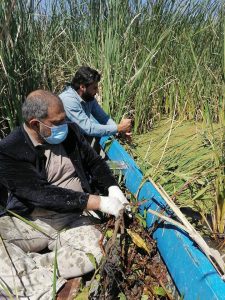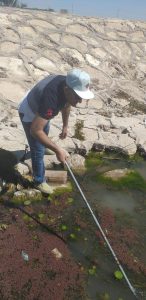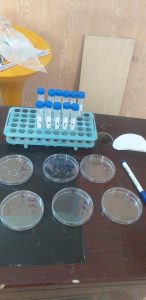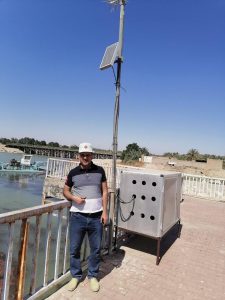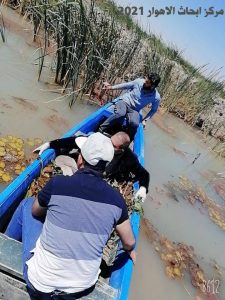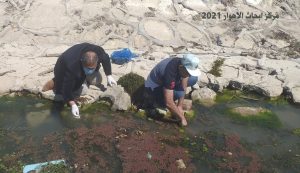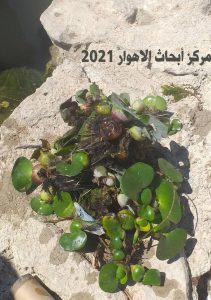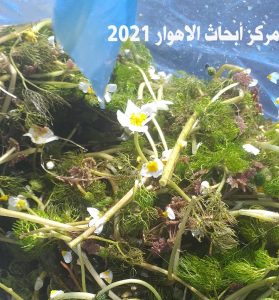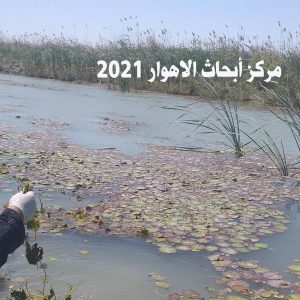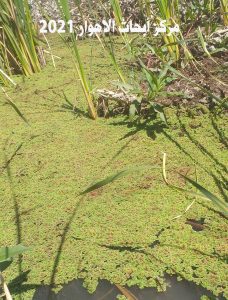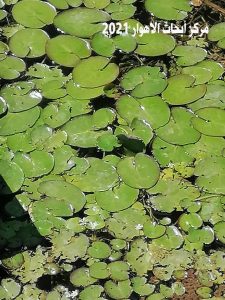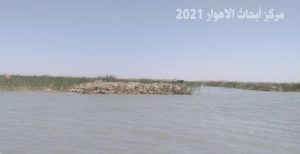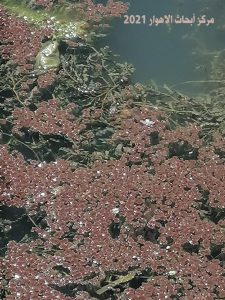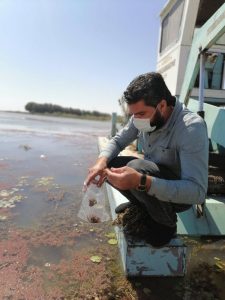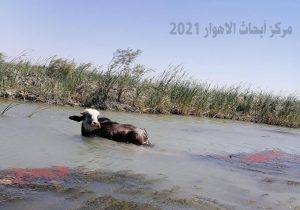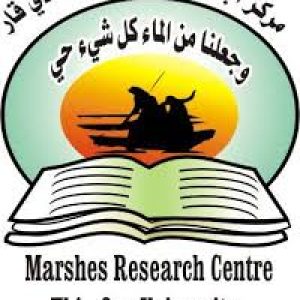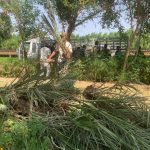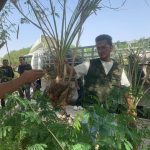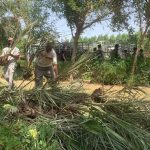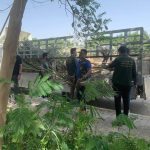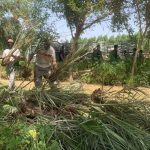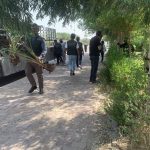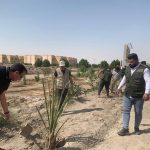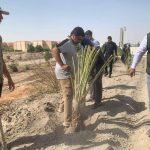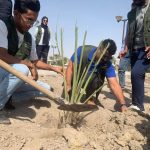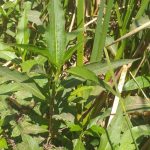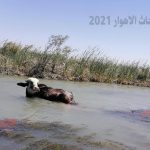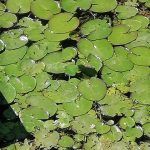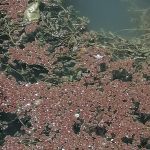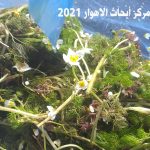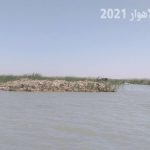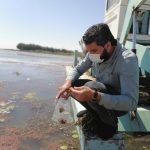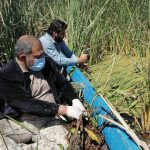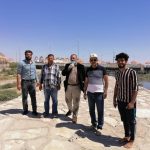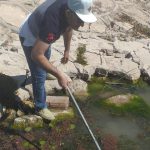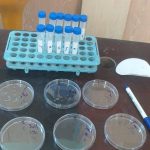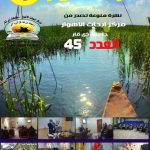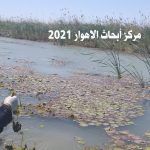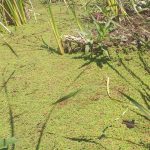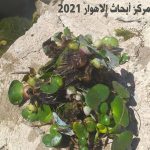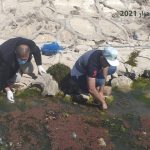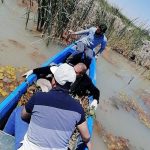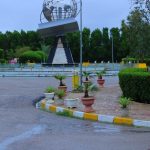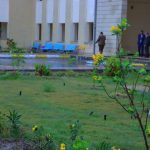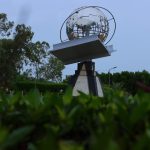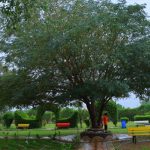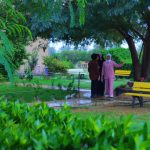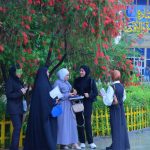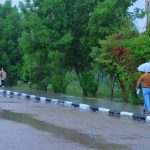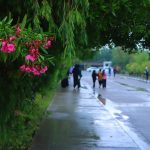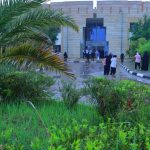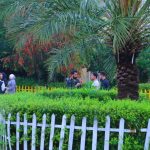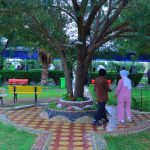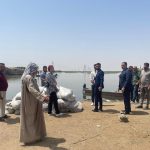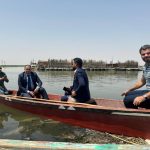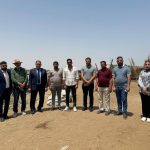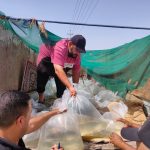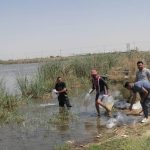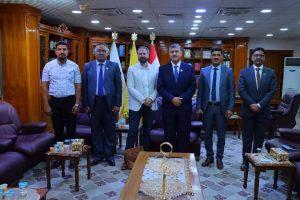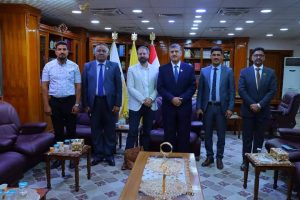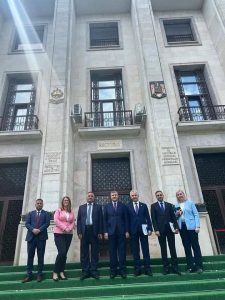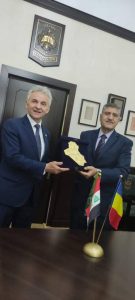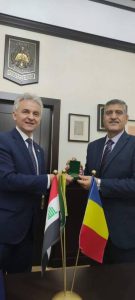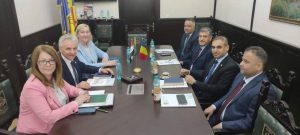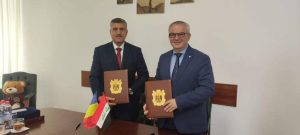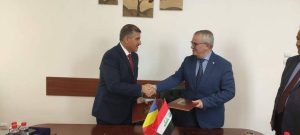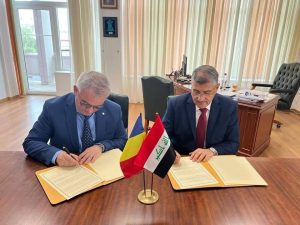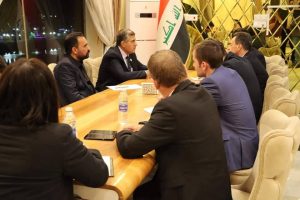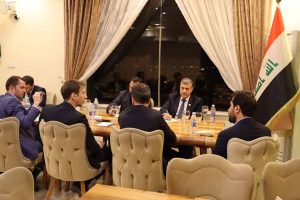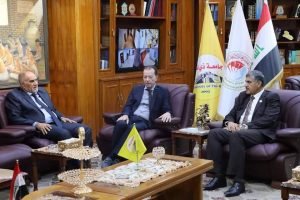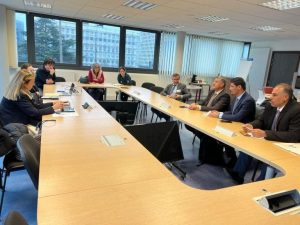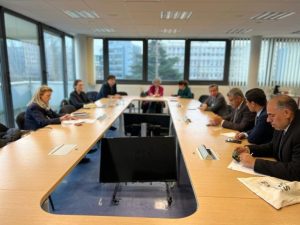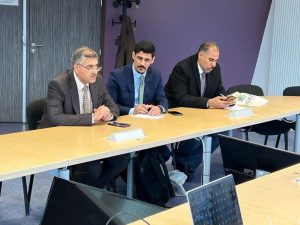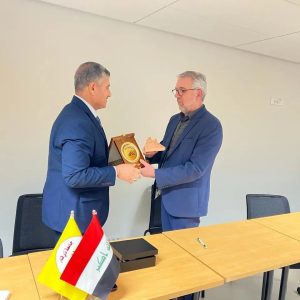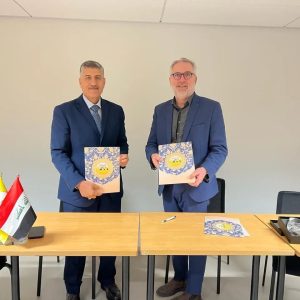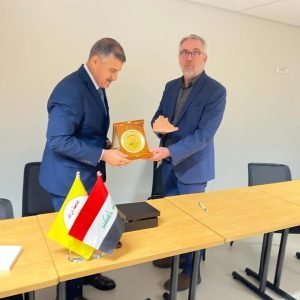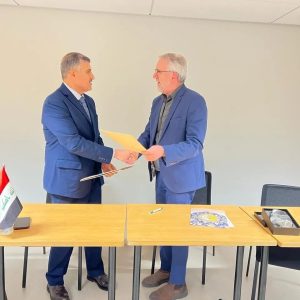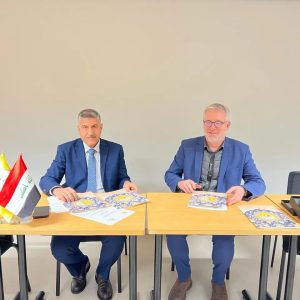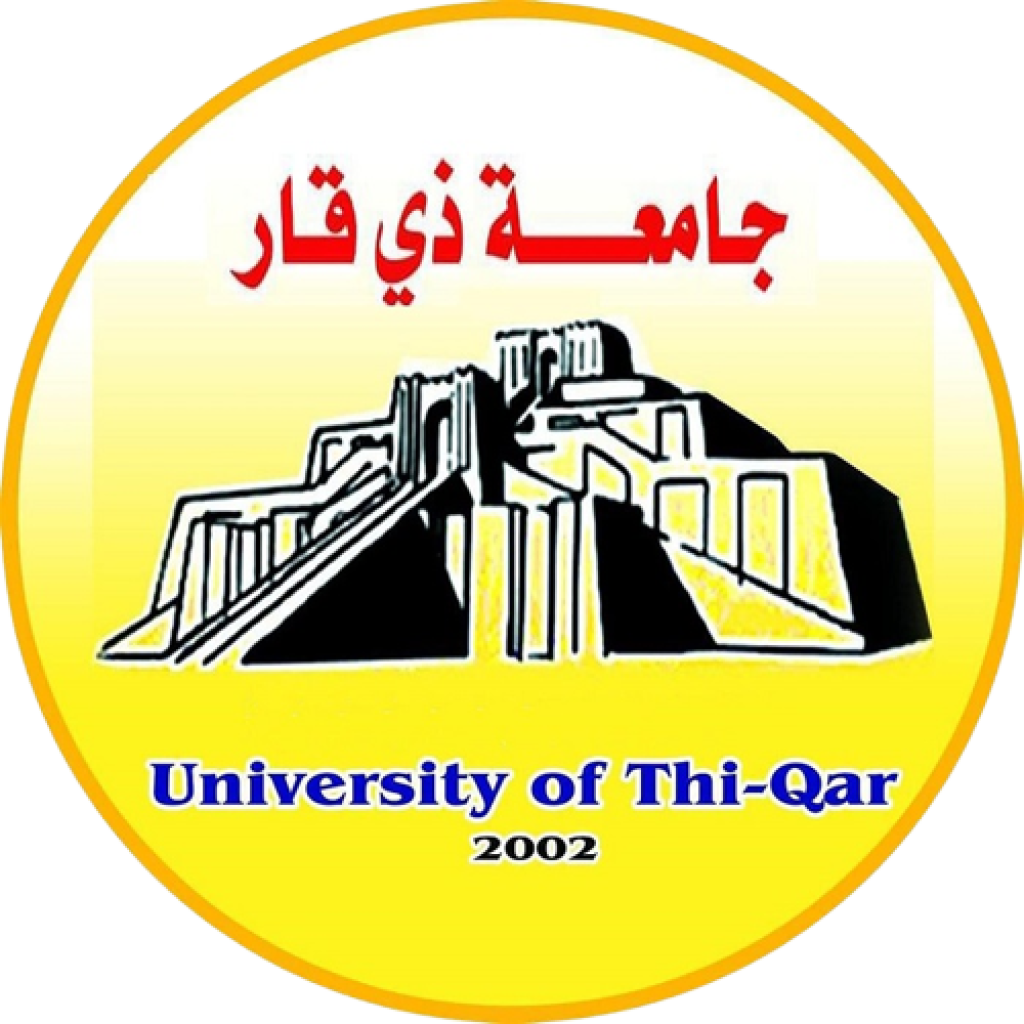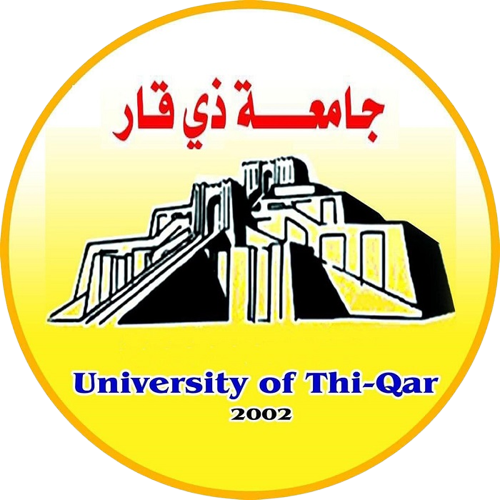
SDGs AT UNIVERSITY OF THI-QAR
Introduction:
A sustainable development goal (SDG) is a globally recognized framework that outlines a comprehensive set of objectives designed to address some of the world’s most pressing challenges while promoting economic, social, and environmental sustainability. These goals were established by the United Nations in 2015 as part of the 2030 Agenda for Sustainable Development. They provide a blueprint for countries, organizations, and institutions to work together to create a more equitable, prosperous, and environmentally responsible world.
For the University of Thi-Qar, adopting and aligning with the SDGs means committing to a holistic approach to education, research, and operational practices that contribute to sustainable development at both the local and global levels. It involves integrating sustainability principles into various aspects of university life, from curriculum development and research initiatives to campus operations and community engagement.
By embracing the SDGs, the University of Thi-Qar demonstrates its dedication to addressing critical issues such as poverty, inequality, environmental degradation, and climate change. It also signifies a commitment to educating and empowering its students to become responsible global citizens who can contribute to positive change in their communities and beyond. Through research, education, and collaboration, the university can play a pivotal role in achieving the SDGs and shaping a more sustainable future for Thi-Qar, Iraq, and the world.
Creating policies for sustainable development goals (SDGs) at the University of Thi-Qar, or any educational institution, requires a comprehensive approach that integrates sustainability principles into various aspects of university life. Here are some key policies and initiatives that the University of Thi-Qar can consider to align with the SDGs:
- SDG Integration Committee: Establish a committee responsible for overseeing the integration of SDGs into university policies, curriculum, and operations.
- Curriculum Integration: Sustainable Education**: Embed sustainability principles into the curriculum across all disciplines to raise awareness and promote sustainable practices among students.
-SDG Courses: Develop specific courses or modules dedicated to the SDGs to educate students on global challenges and solutions.
- Research and Innovation:
– Research Grants: Provide funding for research projects that address the SDGs and encourage faculty and students to engage in sustainability-focused research.
-Innovation Hub: Create an innovation hub to support sustainable technology and innovation development.
- Campus Operations:
– Energy Efficiency: Implement energy-efficient technologies and practices to reduce the university’s carbon footprint.
– Waste Reduction: Establish waste reduction and recycling programs on campus.
– Sustainable Transportation: Promote the use of public transport, cycling, and carpooling among students and staff.
– Green Buildings: Strive for LEED certification or similar standards for new construction and renovations.
- Community Engagement:
-Partnerships: Collaborate with local communities, NGOs, and government agencies to address regional sustainability challenges.
-Community Education**: Offer workshops, seminars, and outreach programs to educate the local community on sustainable practices.
- Diversity and Inclusion:
-Equity and Access: Ensure that all members of the university community have equal access to educational opportunities and resources, regardless of their background.
-Cultural Sensitivity: Promote cultural sensitivity and diversity on campus.
- Sustainable Procurement:
-Local Sourcing: Prioritize the procurement of goods and services from local and sustainable sources.
-Fair Trade: Support fair trade practices in sourcing products like coffee and tea.
- Governance and Reporting:
-SDG Reporting: Establish a system for tracking and reporting progress on SDG-related initiatives and commitments.
-Transparency: Ensure transparency in decision-making processes related to sustainability.
- Student Engagement:
-Student Organizations: Encourage and support student-led sustainability organizations and initiatives.
-Internships and Projects: Provide opportunities for students to engage in sustainability projects and internships.
- Sustainable Events and Conferences: Host and participate in conferences, seminars, and events related to sustainability and the SDGs.
- Financial Sustainability: Develop a financial strategy that supports sustainability initiatives and ensures long-term funding for SDG projects.
- Health and Well-being: Promote physical and mental health among students and staff, recognizing the link between well-being and sustainable development.
- SDG Communication: Develop a communication strategy to inform the university community and the public about the institution’s commitment to the SDGs and its progress.
Remember that successful implementation of SDG policies requires collaboration and buy-in from all stakeholders, including students, faculty, staff, and the local community. Regular assessment and adaptation of these policies are also crucial to ensuring continued progress toward sustainable development goals.
1.3.1
University of Thi-Qar supports students with limited income, orphans, and students who are children of martyrs, with material and moral support. University of Thi-Qar has an integrated program in this regard in terms of reducing tuition fees or completely exempting them from wages. The social welfare law approved by the Iraqi government is also applied to students.
1.3.2
University of Thi-Qar has a group of graduating students who live below the poverty line or have limited income, but the university supported these students financially throughout the study period until they completed their studies, and the university provided some of this group with job opportunities within the university for distinguished students.
1.3.3
University of Thi-Qar has a program for the purpose of supporting students with limited income through a special fund for the university’s employees and teachers on a voluntary basis. There is also a program to prepare food supplies during the month of Ramadan and prepare students with clothes during Eid. The university also provides free transportation for students from their home to the university and vice versa, and for students who are in different places. Their residents are relatively far from the university. University of Thi-Qar provides them with internal departments for the purpose of housing, equipped with modern equipment.
1.3.4
University of Thi-Qar has many programs for the purpose of unlimited financial support for poor students, as there is coordination with civil society organizations, charitable institutions, and wealthy people from the governorate. This coordination has resulted in collecting a lot of donations for students.
1.3.5
The Iraqi Ministry of Higher Education and University of Thi-Qar in particular have a program to attract multinational students who are of limited or middle income. The program is called “Study in Iraq,” which this year will enroll many foreign students from different countries.
1.4.1
University of Thi-Qar has an integrated central library containing thousands of modern books that support all disciplines, especially sustainable development. The university also has an excellent electronic library that supports this subject. The university organizes many workshops in this regard and many research fellowships for postgraduate students.
1.4.2
University of Thi-Qar supports the Raseen Program for the purpose of financial and social support for students, as well as the teaching staff and employees, by providing soft, interest-free loans to support small projects and their continued success, and the follow-up of these businesses is through committees specialized in supporting them.
1.4.3
University of Thi-Qar holds many training courses and workshops, which are held by the Development and Continuing Education Center as well as the Rehabilitation and Employment Division. The purpose of these courses and workshops is to develop the skills of employees and teaching staff, as well as graduates, and place them in the labor market and provide them with opportunities in the public and private sectors in a way that suits them.
1.4.4
As for the Iraqi Ministry of Higher Education and Scientific Research, it has a program that called (OM) to support poverty. As for the University of Thi-Qar, it operates under the Social Welfare Law, which is considered a distinct law to support the poor in general. There are also many local institutions, such as the Al Ain Foundation for Orphans and Poor Care, which was established in 2016, and which greatly supports… It provides monthly salaries to a large segment of the poor, as well as meals and clothing.
2.2.1
University of Thi-Qar seeks to maintain a clean environment, as it has coordination with the Ministry of Health and the Ministry of Environment and within specialized committees for the purpose of measuring the amount of spoiled or spoiled food, and the university is a pioneer in this regard in order to preserve a healthy environment for workers and students.
2.3.1
University of Thi-Qar has higher committees formed in accordance with ministerial and university orders from an elite group of people with academic and practical experience in the field of nutrition for the purpose of making field visits to the internal departments in which students reside, as well as visits, follow-up and qualitative control of all food facilities and clubs within the university’s colleges.
2.3.2
University of Thi-Qar has an annual plan to follow up on poor students as well as employees. The university provides a good program in this regard, as food baskets are distributed periodically. Coordination has also been made with many charitable organizations that contribute effectively to supporting poor students and those with limited income by providing good nutritional meals. Significant financial support.
2.3.3
University of Thi-Qar has a good program in this aspect, as the College of Agriculture and Marshlands contributes to the cultivation and partial processing of many types of vegetables to the university, as greenhouses and appropriate environments are used for palm cultivation, as well as raising livestock, sheep, and fish wealth, which is another source.
2.3.4
The University of Thi-Qar, especially the College of Agriculture and Marshlands, as well as the College of Science, provides many healthy seeds and chemicals suitable for the purpose of producing healthy agricultural crops, with high quality and excellent quality control from competent researchers for the purpose of continuing the program and its success. The university provides full financial support for this program in a strong manner.
2.5.1
University of Thi-Qar has a distinguished scientific position within the governorate, as it has many researchers and scientists in the specialty of plant and animal foods. It forms field teams to monitor the quality of fertilizers and foods, and it has reliable standards in this regard, under the direct supervision of the deans of the colleges and the President of the University.
2.5.2
University of Thi-Qar, in cooperation with the Ministry of Agriculture, holds many seminars and workshops to support the agricultural sector in all its forms. The university also provides almost full support to a large segment of farmers, poultry owners, and fishpond owners, with financial and moral support with the capabilities available at the university.
2.5.3
The University of Thi-Qar provides unlimited support to this important segment, as all university laboratories are open to researchers in this scientific field, as well as consulting offices and offices on weekdays and even on summer vacation, and in all specialized colleges such as the College of Veterinary Medicine, the College of Agriculture and Marshlands, the College of Pharmacy, the College of Science, and the relevant authorities, and by direct order from Before the President of the University.
2.5.4
Under direct guidance from the Ministry of Higher Education and Scientific Research, as well as the senior administration of University of Thi-Qar, it is necessary to purchase all available products related to sustainability after conforming to international standards and standards, in support of the local product, providing job opportunities, and the continued success of such local and high-quality projects.
SDG 3
Does your university as a body have current collaborations with local, national or global health institutions to improve health & wellbeing outcomes?
Answer: Yes, university of Thi-Qar has a distinguished health system, as there are many health and service centers for students, teachers, and employees within the university. It provides health services throughout the day and has qualified doctors. The university has a cooperation agreement with the Iraqi Ministry of Health and well-established international health organizations.
Does your university as a body deliver outreach programs and projects in the local community (which can include student volunteering programs) to improve or promote health & wellbeing including hygiene, nutrition, family planning, sports, exercise, aging well, and other health and wellbeing related topics?
Answer: University of Thi-Qar has many health programs in cooperation with the health department in the governorate and health and civil society organizations for the purpose of health awareness in all health and nutrition fields and monitoring the extent of their application within the corridors of the university, where many workshops and courses took place in many health fields, especially with the College of Physical Education and Sports Sciences.
Does your university as a body share sports facilities with the local community, for instance with local schools or with the general public?
Answer: Yes, University of Thi-Qar has many mechanisms for joint cooperation with the Ministry of Education, especially within the governorate, as it has many school awareness programs related to healthy sports for school students, as many visits to schools are carried out through committees by joint committees from the university and the administrations of those schools.
Does your university as a body provide students access to sexual and reproductive health-care services including information and education services?
Answer: Yes, the university has multiple and diverse programs in this important aspect, especially at the College of Medicine and the College of Pharmacy, which hold many seminars and workshops related to sexual awareness and the practical application of it, and in cooperation with many relevant civil society organizations as well.
Does your university as a body provide students and staff with access to mental health support?
Answer: University of Thi-Qar has a special health system for mental behaviors, as it has a special center for psychiatry and mental skills development, which has the most prominent doctors specializing in this aspect. In addition, many activities and seminars were held regarding this important health aspect.
Does your university as a body have a “smoke free” policy?
Answer: The University of Thi-Qar has a special anti-smoking policy, as the university prohibits any practice related to smoking within its halls and is committed to the anti-smoking system and the tobacco control system. The university holds many awareness seminars for students, employees, and teaching staff for the purpose of combating smoking.
SDG 4
Does your university as a body provide free access to educational resources for those not studying at the university, e.g. computers, library, online courses, access to lectures, etc?
Answer: Yes, the university has an integrated electronic system where everyone can access the university’s electronic library, which contains millions of university books and dissertations, as well as faculty research published in international databases. It provides an electronic system for students and non-students to access lectures held by groups in all colleges and in all scientific branches.
Does your university as a body host events at university that are open to the general public: public lectures, community educational events?
Answer: Yes, University of Thi-Qar is a cultural institution open to all people. The university holds many workshops and seminars in which attendance is for the public without restrictions.
Does your university as a body educational host events at university that are open to the general public: executive education programs (this refers to short courses for people who are not attending the university; this specifically excludes courses like MBA) and/or vocational training?
Answer: Yes, University of Thi-Qar provides many scientific strengthening courses for a large segment of society, the general public, and employees outside the university for the purpose of career advancement and practical promotion in all scientific and humanitarian specializations.
Does your university as a body undertake educational outreach activities (e.g. tailored lectures or demonstrations) beyond campus, e.g. in local schools, in the community, including voluntary student-run schemes?
Answer: Yes, the university participates in many civic activities outside the university and supports many student and non-student demonstrations in a way that supports society, freedom of expression and social justice. The university has been keen to hold a number of awareness seminars in this aspect.
Does your university as a body have a policy that ensures that access to these activities is accessible to all, regardless of ethnicity, religion, disability, immigration status or gender?
Answer: The University has a well-known policy towards everyone, as it works on equality and a balanced methodology between the genders in a way that supports everyone to achieve their goals in a legal, scientific, academic manner that achieves the goals and desires that the university seeks to achieve.
SDG 5
Does your university as a body systematically measure/track women’s application rate and acceptance or entry rate?
Answer: As the Ministry of Higher Education in Iraq and the University of Thi-Qar, there are strict laws and instructions in this regard, as they follow a clear policy for the purpose of admission to universities and colleges, equally between men and women, and there are no differences, i.e. bias towards one party over the other. Rather, the number of women accepted into the university may exceed the number of men in some cases. Years due to high cumulative averages, everyone competes for specific seats without a gender requirement.
Does your university as a body have a policy (e.g. an Access and Participation plan) addressing women’s applications, acceptance/entry, and participation at the university?
Answer: University of Thi-Qar, as a solid educational institution, does not discriminate between genders at all, as all the university’s corridors are available to everyone, laboratories, and teaching staff. The principle is competition for competence, so there is no distinction between one gender and another. The university is an open space for all competencies, including students, teaching staff and employees, each of them based on quality and scientific and practical background.
Does your university as a body provide women’s access schemes (e.g. mentoring, scholarships, or other provisions)?
Answer: University Thi-Qar provides equal opportunities in all teaching fields, scholarships and fellowships for both genders, equally on the basis of competence and excellent academic background. There is no discrimination between men and women in this aspect at all, as all are equal in rights and duties.
Does your university as a body encourage applications by women in subjects where they are underrepresented?
Answer: The University of Thi-Qar provides a fair system for all women, including teaching staff, students and employees, where women participate in all important committees, ministerial and examination committees. Many workshops and seminars were held in this aspect, and a unit was established within the university under the name of the Women’s Empowerment Unit, which is under the direct supervision of Mr. President. of university.
Does your university as a body have a policy of non-discrimination against women?
Answer: Yes, University Thi-Qar has a transparent policy in this important direction, as there is no discrimination between men and women within the university in terms of appointment, teaching, participation, as well as the amount of salary. In fact, sometimes many women within the university take the leadership role, so there is no objection to women assuming any possible role within the university. To be the president of the university or the dean of a specific college, depending on academic and practical competence.
Does your university as a body have a policy of non-discrimination for transgender people?
Answer: No
Does your university as a body have maternity and paternity policies that support women’s participation?
Answer: Yes, the Iraqi country and the Civil Service Law have a fair system for motherhood and paternity, as women have many rights in this regard. It provides a year’s leave with full salary for a woman who gives birth to a child to serve, as well as providing nurseries for children, kindergartens, and many service and health facilities that support this important aspect.
Does your university as a body have accessible childcare facilities for students which allow recent mothers to attend university courses?
Answer: Yes, Thi-Qar University has a special program for female students who are mothers to participate in all academic lectures in a fair manner, while giving some permission for the purpose of taking care of their children.
Does your university as a body have childcare facilities for staff and faculty?
Answer: Yes, the university has a model home to care for children during official working hours for the teaching staff and employees, with a distinguished and experienced staff, and without wages. Rather, the university is the one that pays the wages of its workers.
Does your university as a body have women’s mentoring schemes, in which at least 10% of female students participate?
Answer: Yes, the university has many plans in this important aspect, with more than 20% of women participating in almost all activities on campus.
Does your university as a body have measurement/tracking of women’s likelihood of graduating compared to men’s, and schemes in place to close any gap?
Answer: Yes, University of Thi-Qar follows up this important aspect in the process of graduating students from all its colleges, especially the number of students relative to the number of female students. The university is keen to ensure that the number is close between the sexes. It is noted that University of Thi-Qar graduates a significant number of women compared to men, where the percentage is approximately more From 40%.
Does your university as a body have a policy that protects those reporting discrimination from educational or employment disadvantage?
Answer: Yes, University of Thi-Qar has a clear policy in this aspect, as the university supports students who have jobs outside the official working hours, and some of these students are employees within the university. The university has held many workshops and seminars and provided many job opportunities for students, whether women or men, especially those with limited income.
Certainly, here’s a comprehensive overview of how the University of Thi-Qar can work toward aligning with all 17 Sustainable Development Goals (SDGs):
- Clean Water and Sanitation (SDG 6):
– Ensure clean and safe drinking water on campus.
– Educate students and the community about water conservation and sanitation.
These initiatives require a coordinated effort from university leadership, faculty, staff, and students. Regular assessment, reporting, and collaboration with external stakeholders will be essential to track progress and achieve meaningful sustainability outcomes across all SDGs at the University of Thi-Qar.
SDG_6_Scopus
7.2.1 – Does your university as a body have a policy in
place for ensuring all renovations / new builds are
following energy efficiency standards? (relevant
standards to be indicated)
Answer: University of Thi-Qar applies international standards for clean and renewable energy in the construction and renovation of university buildings. The university has an engineering committee specialized in this field from the most efficient professors in this field and follows solid international standards.
Policy created (yyyy): 2019
A higher committee was created at the university for this purpose.
Policy reviewed (yyyy): 2021
An audit committee was created to review the work of the special committee on construction, rehabilitation, and compliance with specifications and standards of renewable and clean energy.
7.2.2 – Does your university as a body have plans to
upgrade existing buildings to higher energy efficiency?
Answer: University of Thi-Qar has a clear vision and policy in this regard, and with the follow-up of the University President and the Deans of the Colleges, to develop university buildings according to modern engineering principles.
7.2.3 – Does your university as a body have a process
for carbon management and reducing carbon dioxide
emissions?
Answer: The university has a plan and policy to reduce the level of carbon emissions within the colleges’ halls by publishing policies to reduce emissions and holding many workshops and seminars on this matter.
7.2.4 – Does your university as a body have an energy
efficiency plan in place to reduce overall energy
consumption?
Answer: The university has instructions for rationalizing and consuming electrical energy, specific to the Ministry of Electricity, and it is strictly committed to them, as well as holding many awareness workshops and seminars within the university for this purpose.
7.2.5 – Does your university as a body undergo energy
reviews to identify areas where energy wastage is
highest?
Answer: The university has a higher committee from all colleges and research centers to follow up on energy waste, determine the causes, and submit reports on this for the purpose of treatment.
7.2.6 – Does your university as a body have a policy on
divesting investments from carbon-intensive energy
industries especially coal and oil?
Answer: The university has an engineering advisory board that is directly managed by the university president and includes the best competencies. This board has many recommendations regarding withdrawing consultations in projects that have a high density of carbon, oil and coal.
Policy created (yyyy): 2018
The Engineering Advisory Board has been formed for this purpose.
Policy reviewed (yyyy): 2020
Forming a committee to follow up on what has been accomplished and submit a detailed report on that
7.4.1 – Does your university as a body provide
programmes for local community to learn about
importance of energy efficiency and clean energy?
Answer: The university, as a semi-independent body, has an internal policy on energy consumption. Awareness workshops and seminars on this topic have been held in many colleges and research centers by specialists in the field of energy, with local and international participation.
7.4.2 – Does your university as a body promote a public
pledge toward 100% renewable energy (petitions,
meetings, discussions, events) beyond the university?
Answer: The university has held a large number of workshops and seminars with the participation of the local government and civil society organizations for the purpose of shifting to renewable energy, starting with the university’s buildings and formations, and expanding this policy to include all public and private governmental and civil buildings.
7.4.3 – Does your university as a body provide direct
services to local industry aimed at improving energy
efficiency and clean energy (energy efficiency
assessments, workshops, research renewable energy
options)
Answer: The university, with its various formations, has presented efficient scientific research and an excellent applied recipe for developing and enhancing the use of energy, in addition to workshops, seminars and conferences.
7.4.4 – Does your university as a body inform and
support government in clean energy and energyefficient
technology policy development?
Answer: The local government and the rest of the ministries, especially electricity and oil, have permanent members in the university council who participate in important decisions related to the energy and development sector.
7.4.5 – Does your university as a body provide
assistance for start-ups that foster and support a lowcarbon
economy/technology?
Answer: The university supports emerging projects and ideas and adopts many of these projects, some of which are adopted by the university and become implemented.
8.2.1 – Does your university as a body pay all staff
and faculty at least the living wage, defined as the
local living wage (if government defines this) or
the local poverty indicator for a family of four
(expressed as an hourly wage)?
Answer: The university pays regular monthly salaries to all employees and faculty members according to an excellent financial system that guarantees a decent life for all employees.
8.2.2 – Does your university as a body recognise
unions for all, including women & international
staff?
Answer: The university recognizes and shares its opinion with a large number of local and international organizations such as labor unions, engineers’ unions, programmers’ unions, women’s unions, and women’s empowerment unions.
8.2.3 – Does your university as a body have a policy
on ending discrimination in the workplace
(including discrimination based on religion,
sexuality, gender, age)?
Answer: There is no discrimination in the university in terms of gender, color, or religion. On the contrary, there are many women and employees with black skin who have different religions and hold senior and leadership positions in the university and are decision-makers.
Policy created (yyyy): 1960 Iraqi Civil Service Law
Policy reviewed (yyyy): Annual review
8.2.4 – Does your university as a body have a policy
commitment against forced labour, modern
slavery, human trafficking, and child labour?
Answer: The university is fully committed to and against the policy of slavery, human trafficking and child trafficking, and there are strict laws from the Ministry of Higher Education and the Iraqi state in this regard.
Policy created (yyyy): 1988
Policy reviewed (yyyy) Annual review
8.2.5 – Does your university as a body have a policy
on guaranteeing equivalent rights of workers when
outsourcing activities to third parties?
Answer: Yes, the university works with everyone equally. Discrimination is based on competence only, and this is a fair condition, as the university deals with many civil society organizations on the basis of awareness.
Policy created (yyyy): 2002
Policy reviewed (yyyy) Annual review
8.2.6 – Does your university as a body have a policy
on pay scale equity including a commitment to
measurement and elimination of gender pay gaps?
Answer: As the university is a governmental institution, it follows the Iraqi civil service system, which does not discriminate between one employee and another with regard to wages and salaries, as it is paid equally to all according to the university degree obtained and the position.
Policy created (yyyy): 1960 Iraqi Civil Service Law
Policy reviewed (yyyy) Annual review
8.2.7 – Does your university as a body
measure/track pay scale gender equity?
Answer: The university has a higher body and sub-bodies for the purpose of following up on the salary scale for employees and faculty members and conducting a thorough review of this. Likewise, the Ministry of Finance has a higher supervisory body that works on auditing the university’s outputs.
8.2.8 – Does your university as a body have a
process for employees to appeal on employee
rights and/or pay?
Answer: The university employee has the right to object and submit appeals regarding wages to the senior leadership, and all appeals related to this will be considered, and everyone has the same rights and duties.
8.2.9 – Does your university as a body recognise
labour rights (freedom of association & collective
bargaining) for all, including women & international
staff?
Answer: The university is fully committed to the laws and regulations regarding equality among all and does not discriminate between one person and another except on the basis of competence and productivity at work.
Certainly, here’s a comprehensive overview of how the University of Thi-Qar can work toward aligning with all 17 Sustainable Development Goals (SDGs):
- Industry, Innovation, and Infrastructure (SDG 9):
– Foster innovation and entrepreneurship through incubators and technology transfer programs.
– Improve infrastructure for research and development.
These initiatives require a coordinated effort from university leadership, faculty, staff, and students. Regular assessment, reporting, and collaboration with external stakeholders will be essential to track progress and achieve meaningful sustainability outcomes across all SDGs at the University of Thi-Qar.
Certainly, here’s a comprehensive overview of how the University of Thi-Qar can work toward aligning with all 17 Sustainable Development Goals (SDGs):
- Reduced Inequality (SDG 10):
– Implement policies to ensure inclusivity and diversity on campus.
– Collaborate with organizations working to reduce inequalities in the community.
These initiatives require a coordinated effort from university leadership, faculty, staff, and students. Regular assessment, reporting, and collaboration with external stakeholders will be essential to track progress and achieve meaningful sustainability outcomes across all SDGs at the University of Thi-Qar.
SDG_10_Scopus
Certainly, here’s a comprehensive overview of how the University of Thi-Qar can work toward aligning with all 17 Sustainable Development Goals (SDGs):
- Sustainable Cities and Communities (SDG 11):
– Promote sustainable transportation options for students and staff.
– Engage in urban planning projects for sustainable development in Thi-Qar.
These initiatives require a coordinated effort from university leadership, faculty, staff, and students. Regular assessment, reporting, and collaboration with external stakeholders will be essential to track progress and achieve meaningful sustainability outcomes across all SDGs at the University of Thi-Qar.
SDG_11_Scopus
Certainly, here’s a comprehensive overview of how the University of Thi-Qar can work toward aligning with all 17 Sustainable Development Goals (SDGs):
- Responsible Consumption and Production (SDG 12):
– Promote sustainable consumption practices among students and staff.
– Reduce waste and implement recycling programs on campus.
These initiatives require a coordinated effort from university leadership, faculty, staff, and students. Regular assessment, reporting, and collaboration with external stakeholders will be essential to track progress and achieve meaningful sustainability outcomes across all SDGs at the University of Thi-Qar.
SDG_12_Scopus
Does your university as a body measure
the amount of low carbon energy used across the
university?
Answer: The university, through committees and teams, conducts a periodic inspection to measure the level of low carbon in all university formations and submit a detailed report in order to address problems and find solutions quickly and serve the university environment.
Does your university as a body provide
local education programmes or campaigns on
climate change risks, impacts, mitigation,
adaptation, impact reduction and early warning?
Answer: The university offers many awareness campaigns and workshops for all professors, employees and students. Awareness campaigns are held regarding important climate changes and developing emergency plans in the event of disasters and how to deal with rapid climate changes with different causes. The university has a research center specialized in climate studies and licensed by the Iraqi Ministry of Higher Education.
Does your university as a body have a
university Climate Action plan, shared with local
government and/or local community groups?
Answer: Certainly, the university participates with the local government in Dhi Qar Governorate with a number of professors in different specializations as consultants in the governorate council. The Marshlands Research Center and the engineering office in the consulting council in Al-Ajmaa also provide many engineering and scientific consultations related to climate and clean energy and provide designs that are compatible with the environmental and climatic reality of the city.
Does your university as a body participate
in co-operative planning for climate change
disasters, that may include the displacement of
people both within a country and across borders,
working with government?
Answer: As we mentioned earlier, the university works as an independent body with distinguished scientific expertise with the local and central government to develop plans to confront environmental and climate disasters by holding joint workshops and seminars and presenting many recommendations to the local government for the purpose of taking the necessary precautions in this regard.
Does your university as a body inform and
support local or regional government in local
climate change disaster/risk early warning and
monitoring?
Answer: The university has a remote sensing unit in the Geography Department in the Faculty of Arts. This important unit, equipped with the latest devices, notifies the local government in the event of any climatic or environmental hazard in order to take the necessary precautions.
Does your university as a body collaborate
with NGOs on climate adaptation?
Answer: The university has many mechanisms for joint cooperation with non-governmental organizations inside and outside Iraq, where expertise and consultations are exchanged between them through holding workshops, seminars and conferences that specialize in the climate aspect and environmental changes occurring in the region and the world.
Does your university as a body have a
target date by which it will become carbon neutral
according to the Greenhouse Gas Protocols?
Answer: The university has a well-thought-out five-year plan for the purpose of complete transformation and providing a carbon-free university environment in accordance with approved international standards.
Does your university as a body measure
the amount of low carbon energy used across the
university?
Answer: The university, through committees and teams, conducts a periodic inspection to measure the level of low carbon in all university formations and submit a detailed report in order to address problems and find solutions quickly and serve the university environment.
Does your university as a body provide
local education programmes or campaigns on
climate change risks, impacts, mitigation,
adaptation, impact reduction and early warning?
Answer: The university offers many awareness campaigns and workshops for all professors, employees and students. Awareness campaigns are held regarding important climate changes and developing emergency plans in the event of disasters and how to deal with rapid climate changes with different causes. The university has a research center specialized in climate studies and licensed by the Iraqi Ministry of Higher Education.
Does your university as a body have a
university Climate Action plan, shared with local
government and/or local community groups?
Answer: Certainly, the university participates with the local government in Dhi Qar Governorate with a number of professors in different specializations as consultants in the governorate council. The Marshlands Research Center and the engineering office in the consulting council in Al-Ajmaa also provide many engineering and scientific consultations related to climate and clean energy and provide designs that are compatible with the environmental and climatic reality of the city.
Does your university as a body participate
in co-operative planning for climate change
disasters, that may include the displacement of
people both within a country and across borders,
working with government?
Answer: As we mentioned earlier, the university works as an independent body with distinguished scientific expertise with the local and central government to develop plans to confront environmental and climate disasters by holding joint workshops and seminars and presenting many recommendations to the local government for the purpose of taking the necessary precautions in this regard.
Does your university as a body inform and
support local or regional government in local
climate change disaster/risk early warning and
monitoring?
Answer: The university has a remote sensing unit in the Geography Department in the Faculty of Arts. This important unit, equipped with the latest devices, notifies the local government in the event of any climatic or environmental hazard in order to take the necessary precautions.
Does your university as a body collaborate
with NGOs on climate adaptation?
Answer: The university has many mechanisms for joint cooperation with non-governmental organizations inside and outside Iraq, where expertise and consultations are exchanged between them through holding workshops, seminars and conferences that specialize in the climate aspect and environmental changes occurring in the region and the world.
Does your university as a body have a
target date by which it will become carbon neutral
according to the Greenhouse Gas Protocols?
Answer: The university has a well-thought-out five-year plan for the purpose of complete transformation and providing a carbon-free university environment in accordance with approved international standards.
14.2.1 – Does your university as a body offer
educational programmes on fresh-water ecosystems
(water irrigation practices, water
management/conservation) for local or national
communities?
Answer: The university has a clear and transparent environmental policy, as the faculties of engineering, agriculture and marshlands have organized many workshops and seminars that support the preservation and sustainability of water resources, especially fresh water. These activities were at local and national levels.
14.2.2 – Does your university as a body offer
educational programme / outreach for local or
national communities on sustainable management of
fisheries, aquaculture and tourism?
Answer: The university has a distinguished educational program in this aspect, as the city has marshes with important fish wealth on the local and national levels, especially in the faculties of agriculture, marshes, engineering, science, and archaeology.
14.2.3 – Does your university as a body offer
educational outreach activities for local or national
communities to raise awareness about overfishing,
illegal, unreported and unregulated fishing and
destructive fishing practices?
Answer: The university, as an educational institution, conducts voluntary and awareness campaigns in the marshlands and river banks, and conducts field visits to those areas for the purpose of raising awareness regarding illegal and overfishing.
14.3.1 – Does your university as a body support and/or
organise events aimed to promote conservation and
sustainable utilisation of the oceans, seas, lakes,
rivers and marine resources?
Answer: One of the basic issues supported by the university is the policy of preserving the water revolution. The university, in its various formations, has held many workshops and seminars in this regard, with the participation of the local government and civil society organizations, for the purpose of raising awareness and support.
14.3.2 – Does your university as a body have a policy to
ensure that food on campus that comes from aquatic
ecosystems is sustainably harvested?
Answer: The university has a good ecosystem that supports quality agriculture within the campus, where some fields have been established for important sustainable crops, under the supervision of expert professors in this regard.
Policy created: 2019
Policy reviewed (yyyy): 2021
14.3.3 – Does your university as a body work directly
(research and/or engagement with industries) to
maintain and extend existing ecosystems and their
biodiversity, of both plants and animals, especially
ecosystems under threat?
Answer: The university has direct dealings and cooperation with the Ministry of Agriculture and the Ministry of Industry, and there is high coordination for the purpose of supporting the farmers with the necessary and modern needs and important studies that keep pace with development.
14.3.4 – Does your university as a body work directly
(research and/or engagement with industries) on
technologies or practices that enable marine industry
to minimise or prevent damage to aquatic
ecosystems?
Answer: The university supports this aspect through high-level research and good financial support for the purpose of applying modern and effective mechanisms and in direct cooperation with the relevant authorities.
14.4.1 – Does your university as a body have water
quality standards and guidelines for water discharges
(to uphold water quality in order to protect
ecosystems, wildlife, and human health and welfare,
etc.)?
Answer: The university has controls and instructions regarding water quality at a high level and under the supervision of experts from the best university professors in this specialty, as they conduct field visits to areas that have environmental problems with water.
14.4.2 – Does your university as a body have an action
plan in place to reduce plastic waste on campus?
Answer: The university has a transparent policy regarding the recycling of plastic waste due to its importance. Instructions for this matter have been published in all university halls and are directly monitored by a central committee formed for this purpose.
14.4.3 – Does your university as a body have a policy
on preventing and reducing marine pollution of all
kinds, in particular from land-based activities?
Answer: The university has a policy towards reducing marine pollution, as the Animal Resources Department at the College of Agriculture and Marshes has held many awareness workshops in this regard.
Policy created (yyyy): 2019
Policy reviewed (yyyy): 2021
14.5.1 – Does your university as a body have a plan to
minimise physical, chemical and/or biological
alterations of related aquatic ecosystems?
Answer: The university has a policy and plan for the purpose of reducing physical, chemical and biological changes. It was prepared by expert professors in this area and is reviewed periodically.
14.5.2 – Does your university as a body monitor the
health of aquatic ecosystems?
Answer: Yes, the university reviews the aquatic ecosystems through joint committees with the local government for important areas and the canopy on the river or the purification stations for drinking and washing water.
14.5.3 – Does your university as a body develop and
support programs and incentives that encourage and
maintain good aquatic stewardship practices?
Answer: The university supports the water conservation policy in an unlimited way and encourages workers in the important sector through financial support, expertise and providing the means to make these important policies successful.
14.5.4 – Does your university as a body collaborate
with the local community, e.g. through partnerships, in
efforts to maintain shared aquatic ecosystems?
Answer: Certainly, the university has important partnerships with the global and private sectors to support the preservation of the water revolution.
14.5.5 – Does your university as a body have
implemented a watershed management strategy
based on location specific diversity of aquatic
species?
Answer: The university, as an independent body, has a policy to support the water strategy according to the regions, in cooperation with the residents of each region and according to its geographical nature and climatic conditions.
Certainly, here’s a comprehensive overview of how the University of Thi-Qar can work toward aligning with all 17 Sustainable Development Goals (SDGs):
- Life on Land (SDG 15):
– Engage in reforestation and land conservation projects.
– Conduct research on local ecosystems and biodiversity.
These initiatives require a coordinated effort from university leadership, faculty, staff, and students. Regular assessment, reporting, and collaboration with external stakeholders will be essential to track progress and achieve meaningful sustainability outcomes across all SDGs at the University of Thi-Qar.
Certainly, here’s a comprehensive overview of how the University of Thi-Qar can work toward aligning with all 17 Sustainable Development Goals (SDGs):
- Peace, Justice, and Strong Institutions (SDG 16):
– Promote human rights, justice, and accountability in academic programs.
– Collaborate with local institutions to strengthen governance and the rule of law.
These initiatives require a coordinated effort from university leadership, faculty, staff, and students. Regular assessment, reporting, and collaboration with external stakeholders will be essential to track progress and achieve meaningful sustainability outcomes across all SDGs at the University of Thi-Qar.
SDG_16-Scopus
Certainly, here’s a comprehensive overview of how the University of Thi-Qar can work toward aligning with all 17 Sustainable Development Goals (SDGs):
- No Poverty (SDG 1):
– Develop programs that provide financial assistance and scholarships to economically disadvantaged students.
– Collaborate with local organizations to address poverty-related issues in the community through research and outreach.
- Zero Hunger (SDG 2):
– Promote sustainable agriculture practices through research and education.
– Support local food banks and community gardens to reduce food insecurity in the region.
- Good Health and Well-being (SDG 3):
– Offer health and wellness programs for students and staff.
– Conduct research on local health challenges and solutions.
- Quality Education (SDG 4):
– Enhance curriculum to include sustainability-focused courses.
– Expand access to quality education through scholarships and online learning options.
- Gender Equality (SDG 5):
– Promote gender equality on campus through awareness campaigns and policies.
– Encourage women’s participation in STEM fields and leadership roles.
- Clean Water and Sanitation (SDG 6):
– Ensure clean and safe drinking water on campus.
– Educate students and the community about water conservation and sanitation.
- Affordable and Clean Energy (SDG 7):
– Invest in renewable energy sources and energy-efficient infrastructure.
– Educate students on sustainable energy practices.
- Decent Work and Economic Growth (SDG 8):
– Offer career development and entrepreneurship programs.
– Promote research on economic development and job creation in the region.
- Industry, Innovation, and Infrastructure (SDG 9):
– Foster innovation and entrepreneurship through incubators and technology transfer programs.
